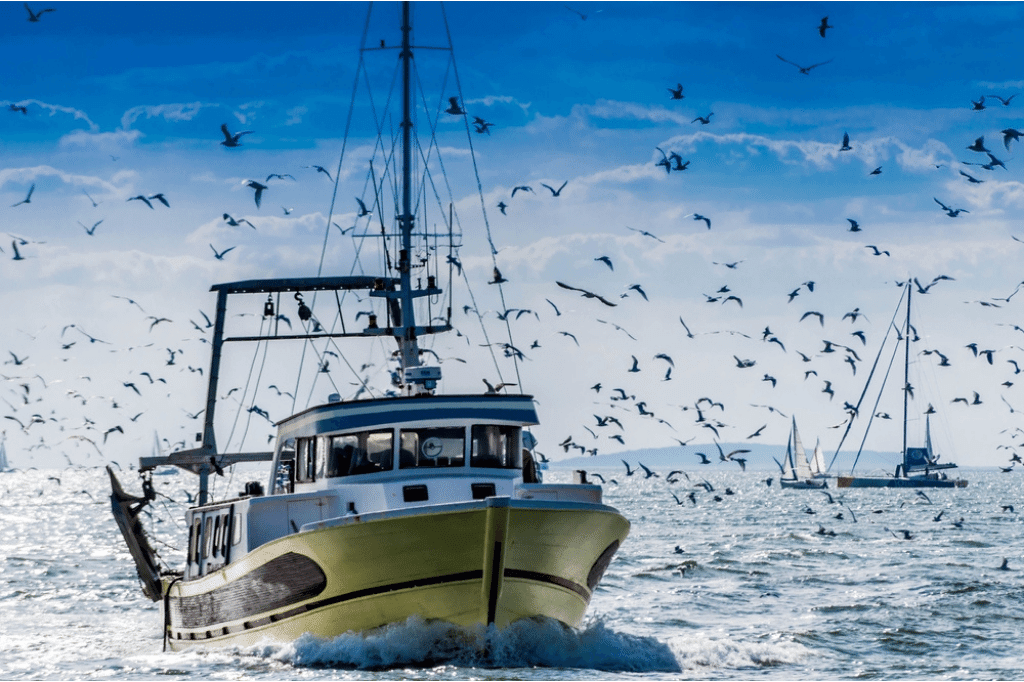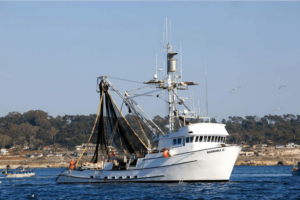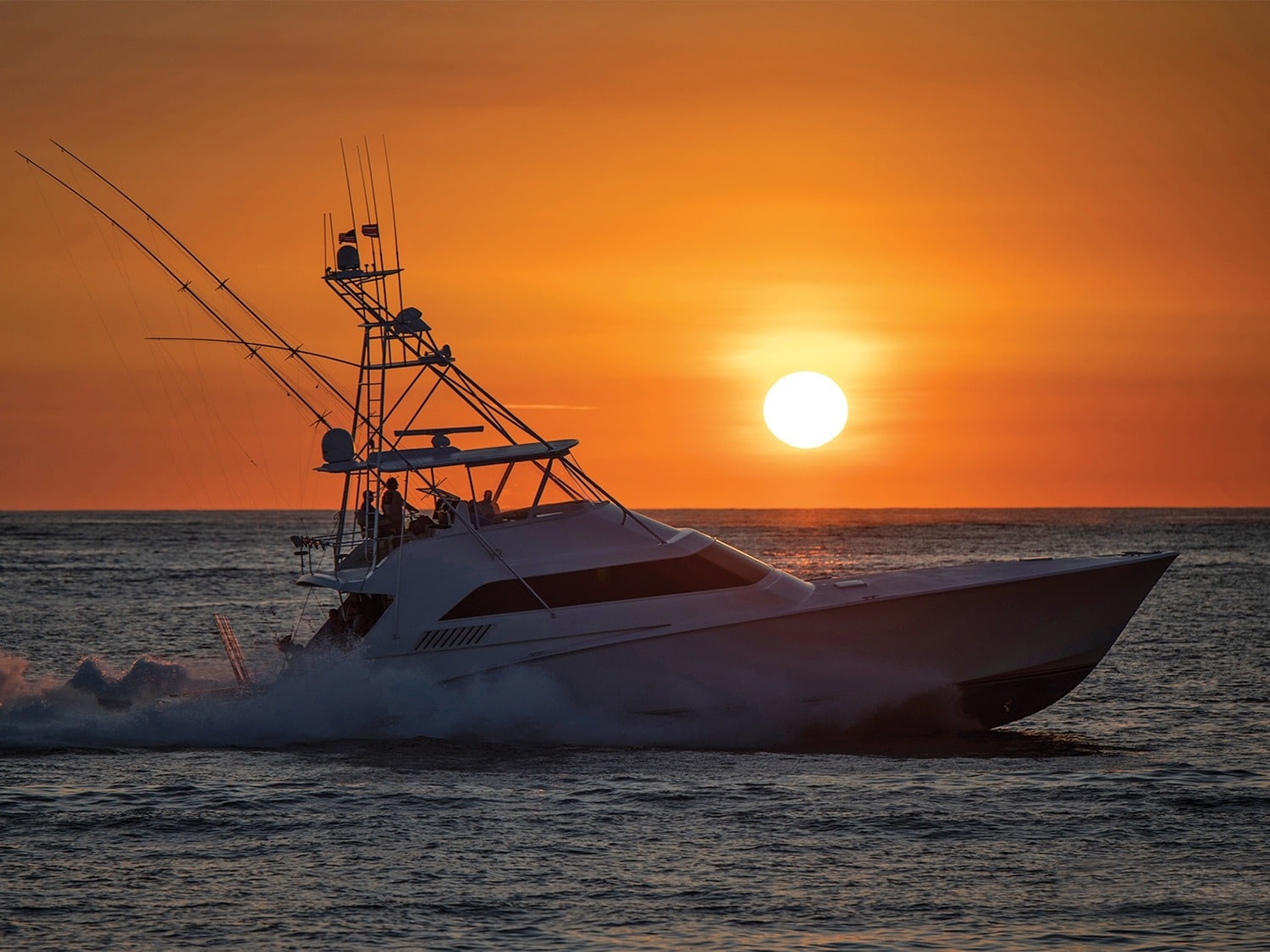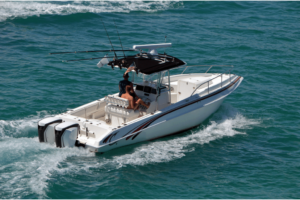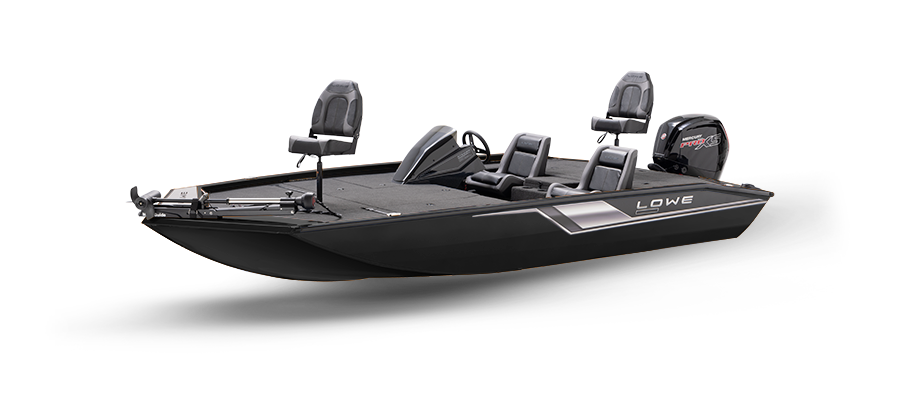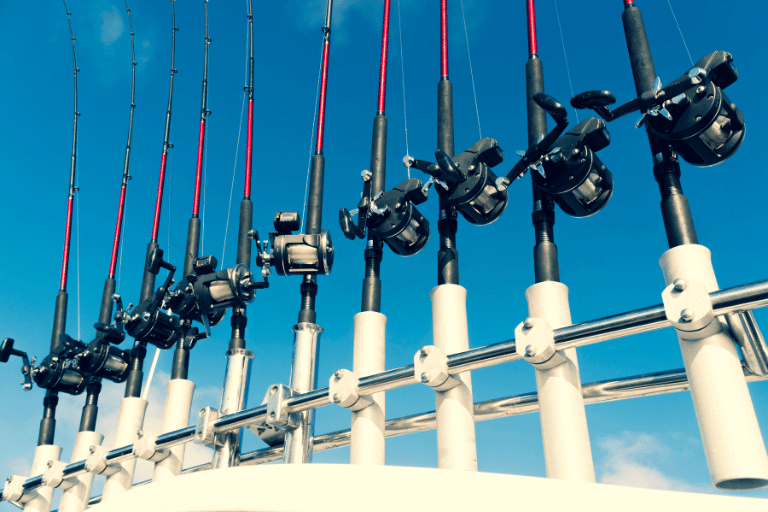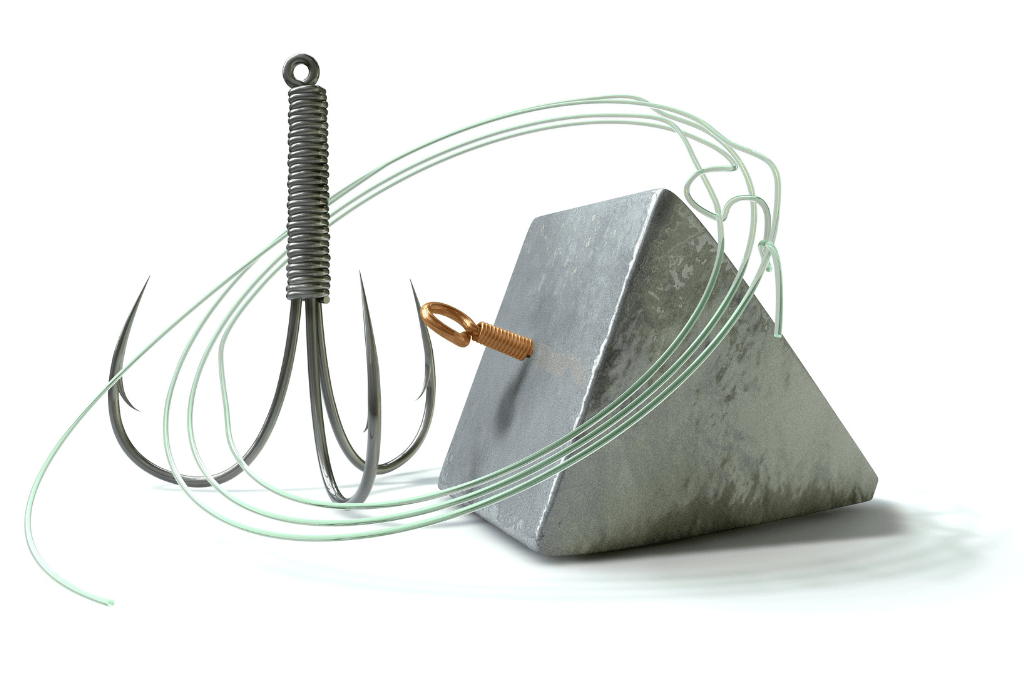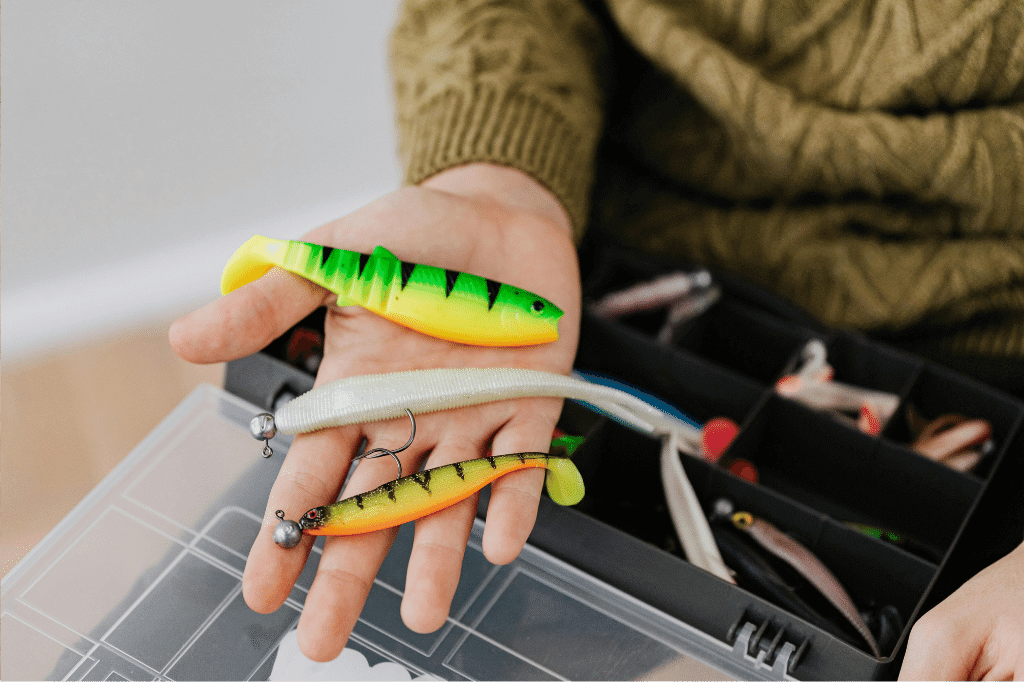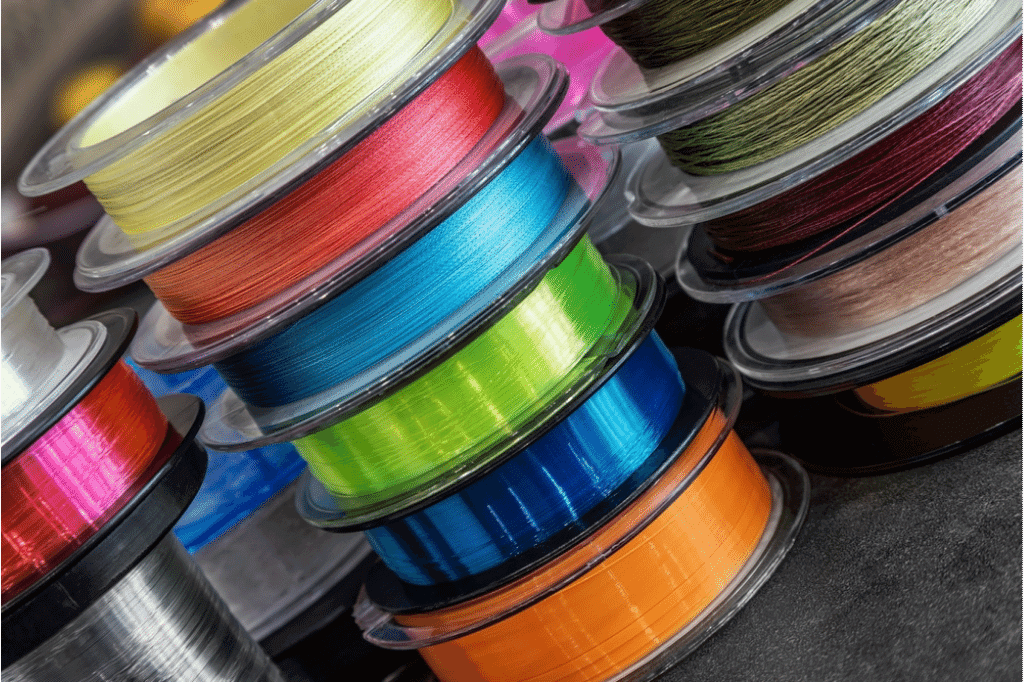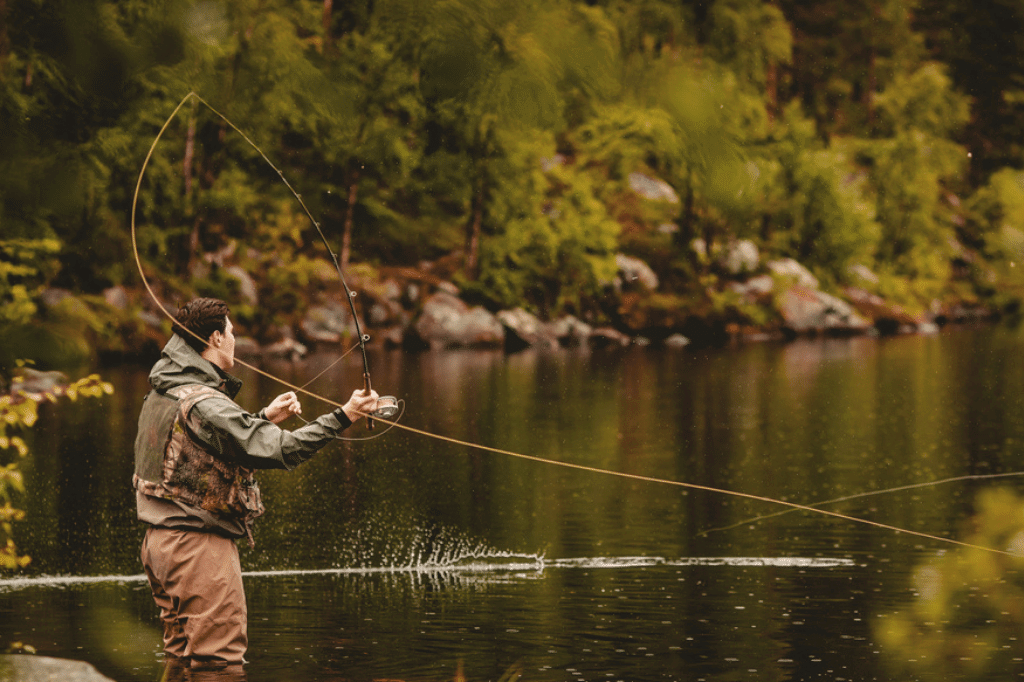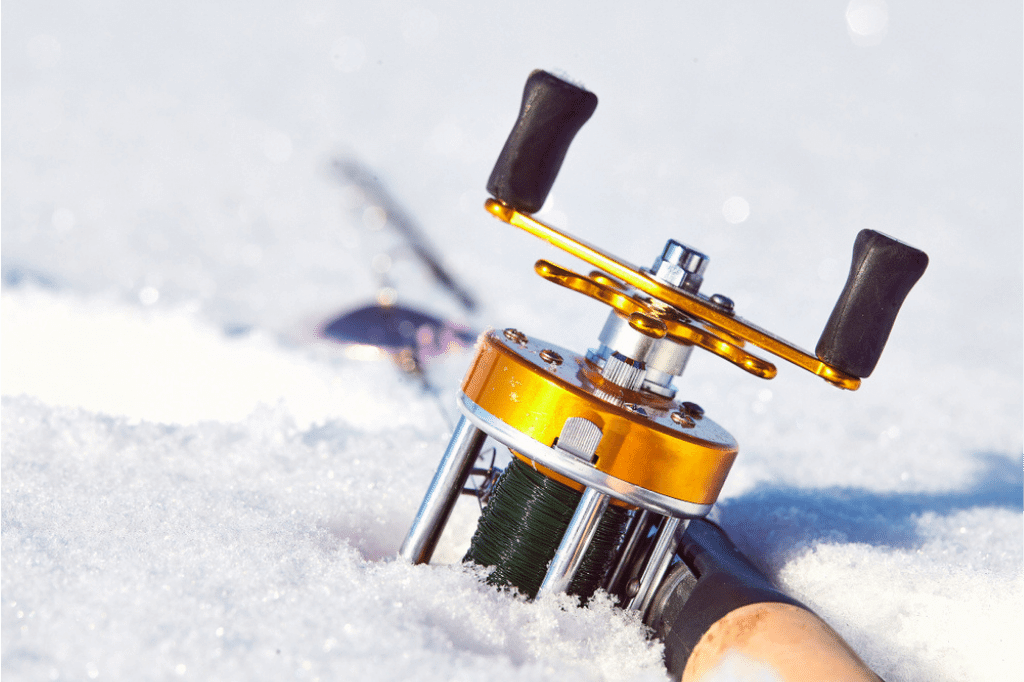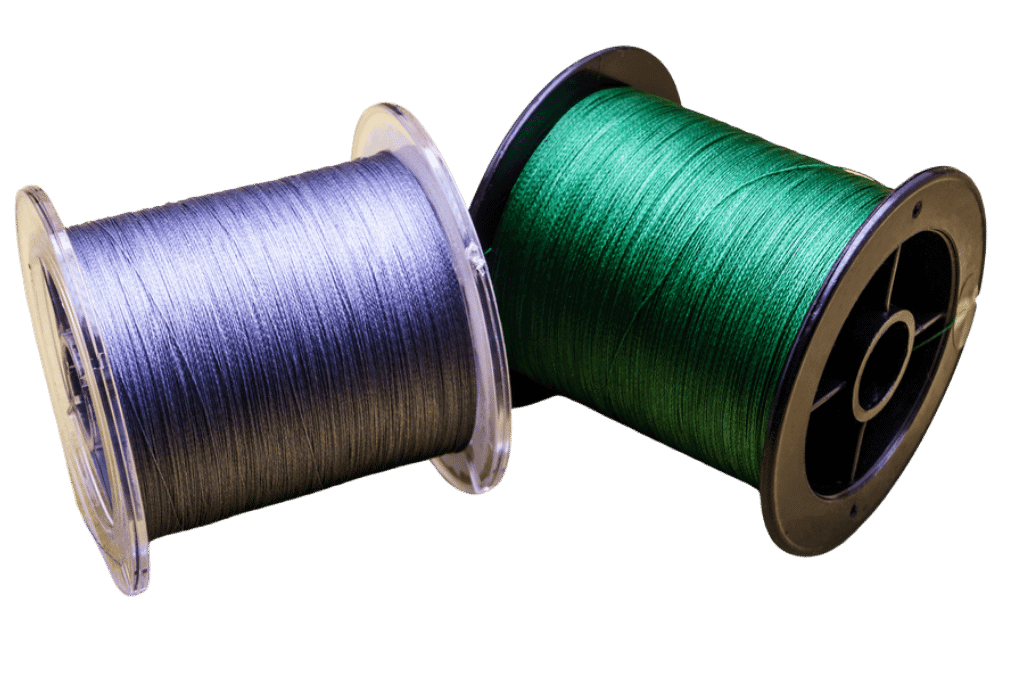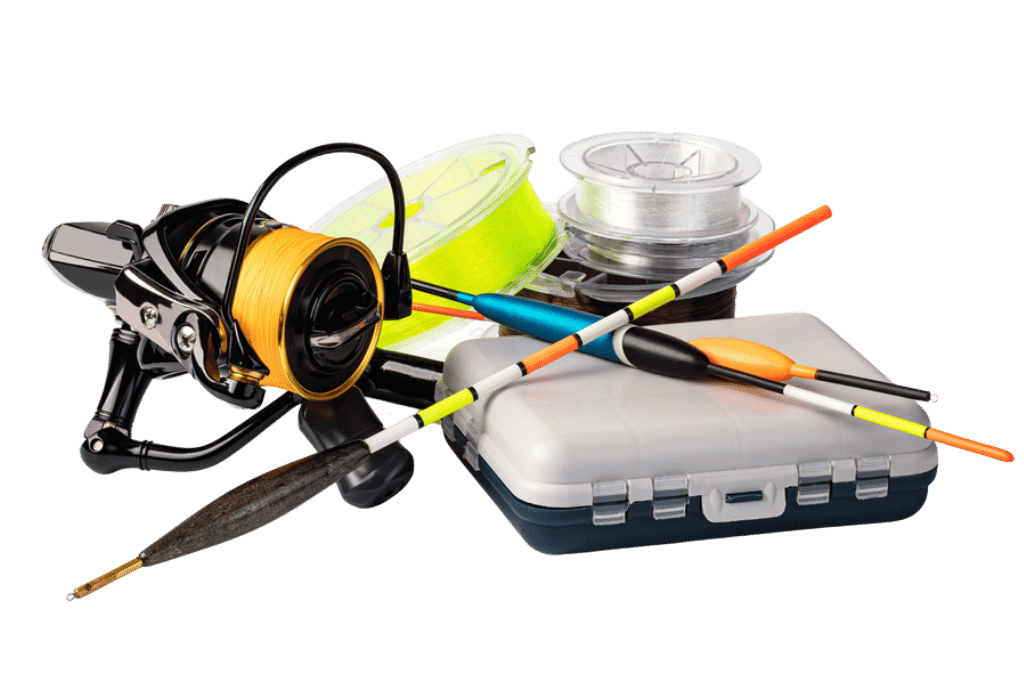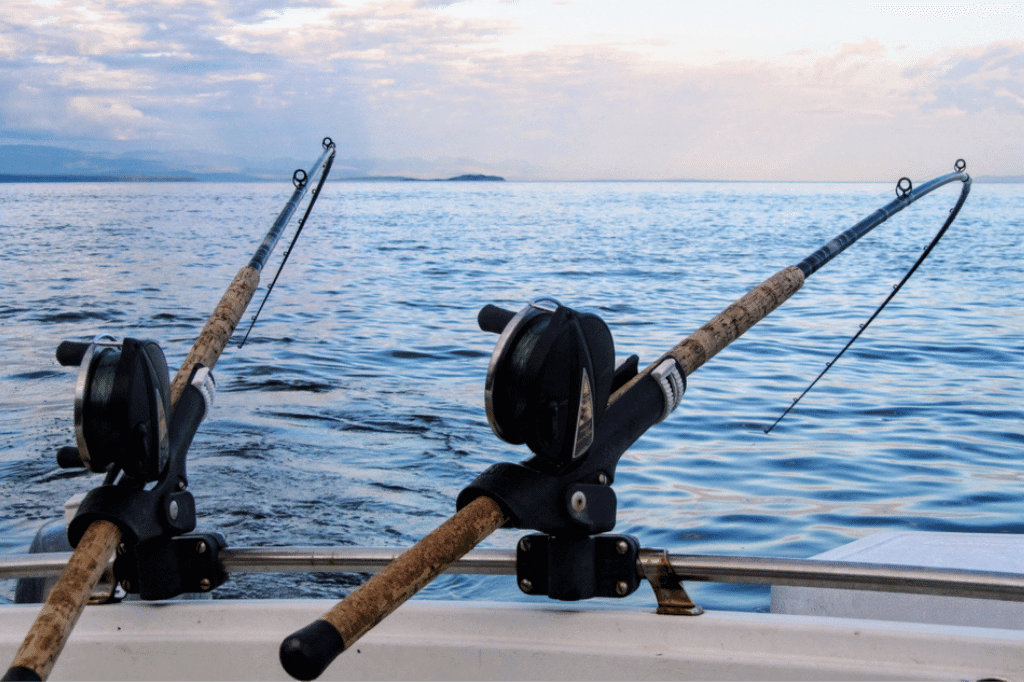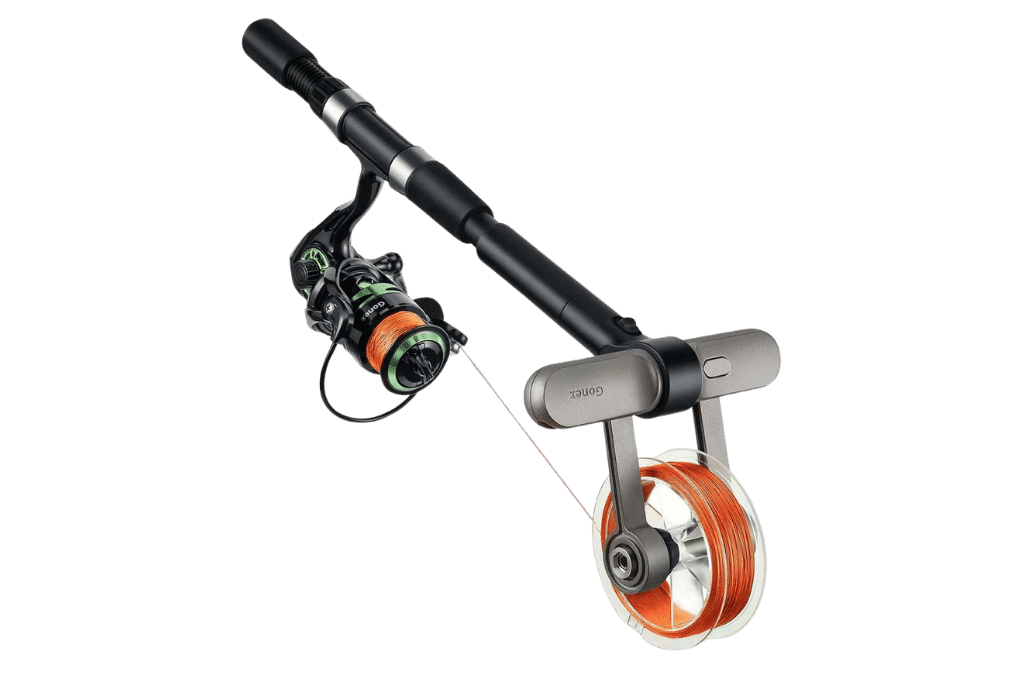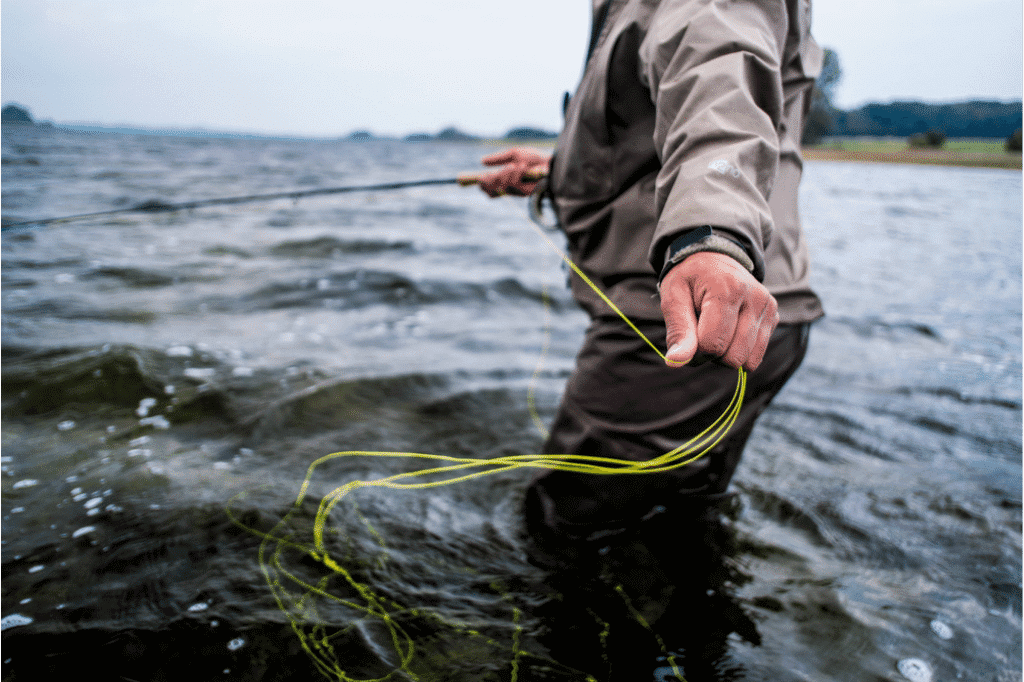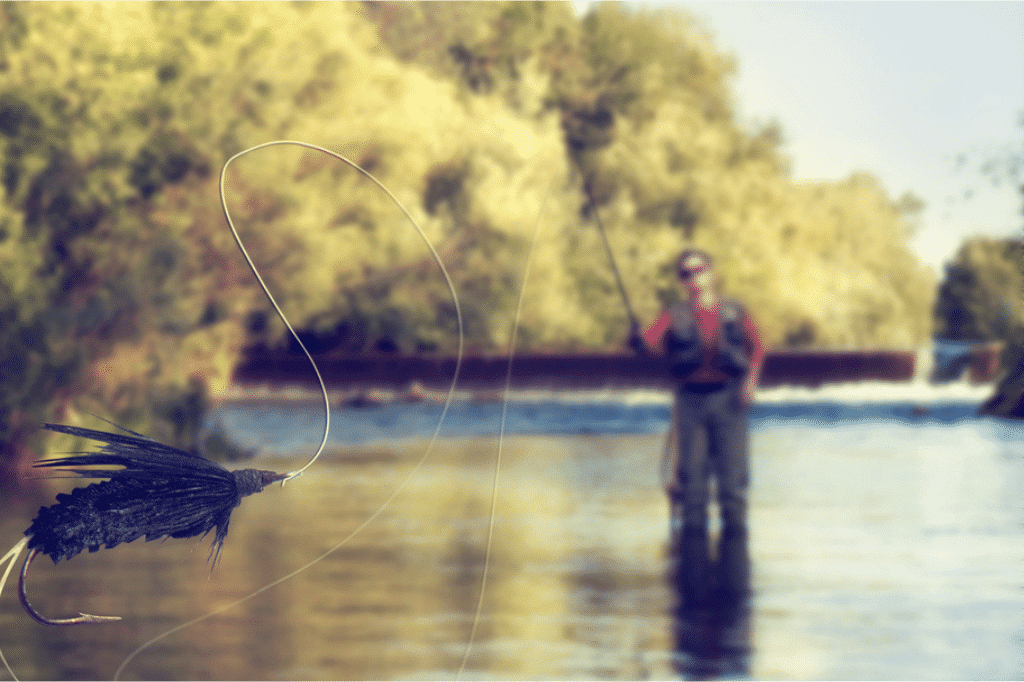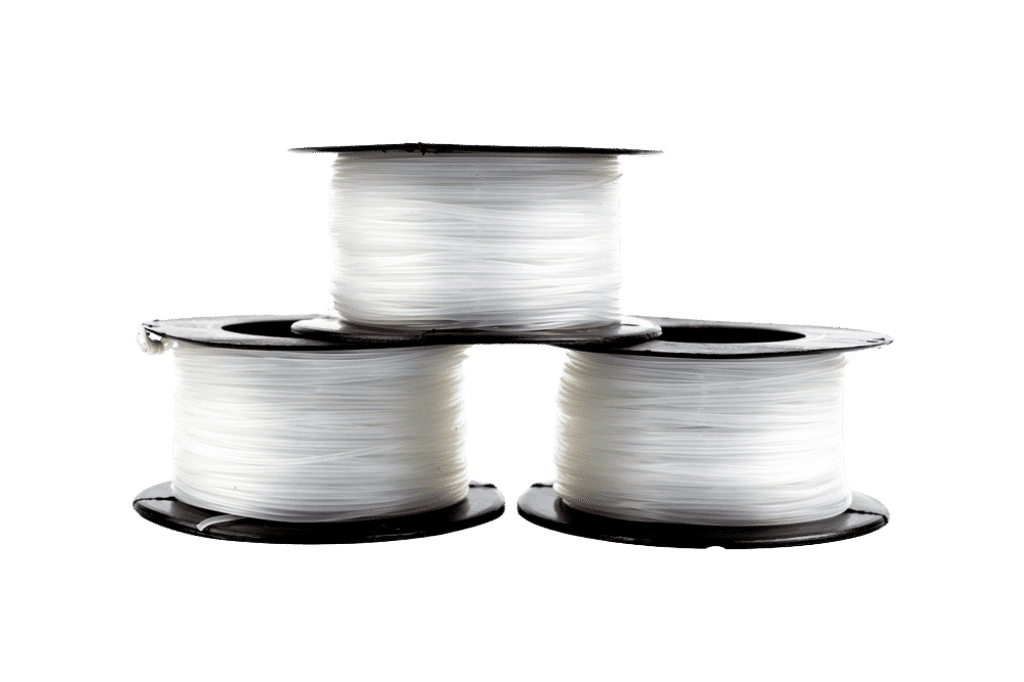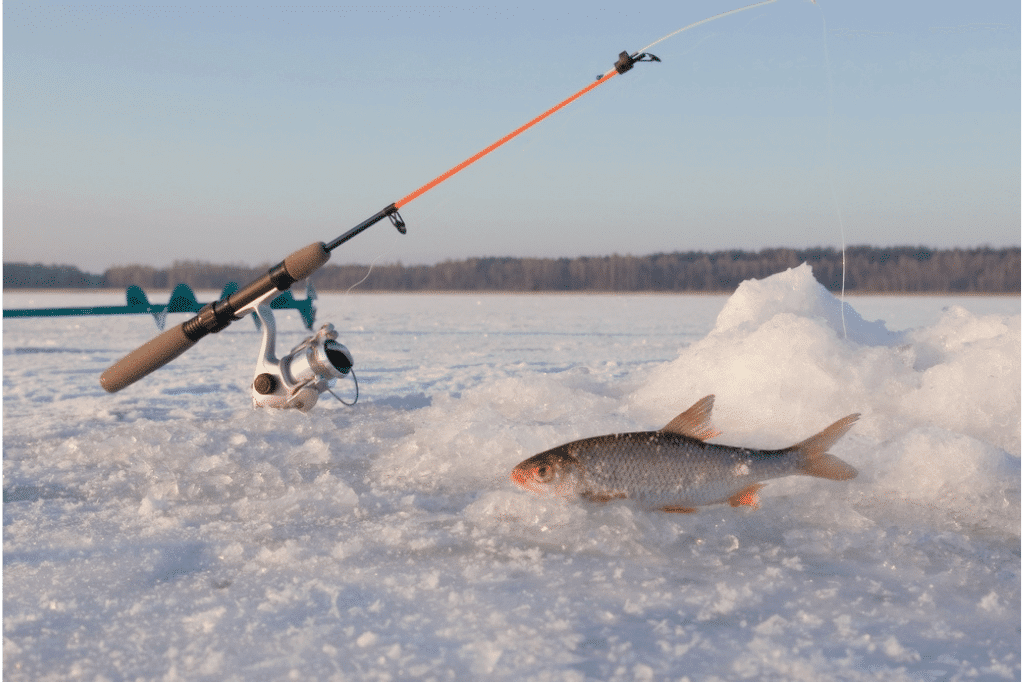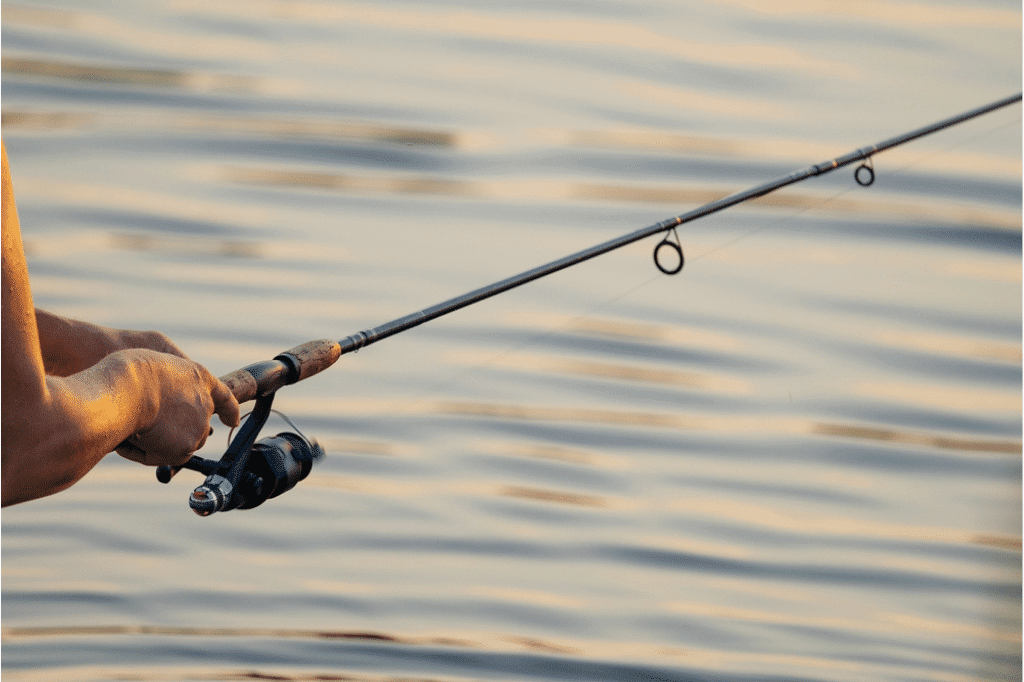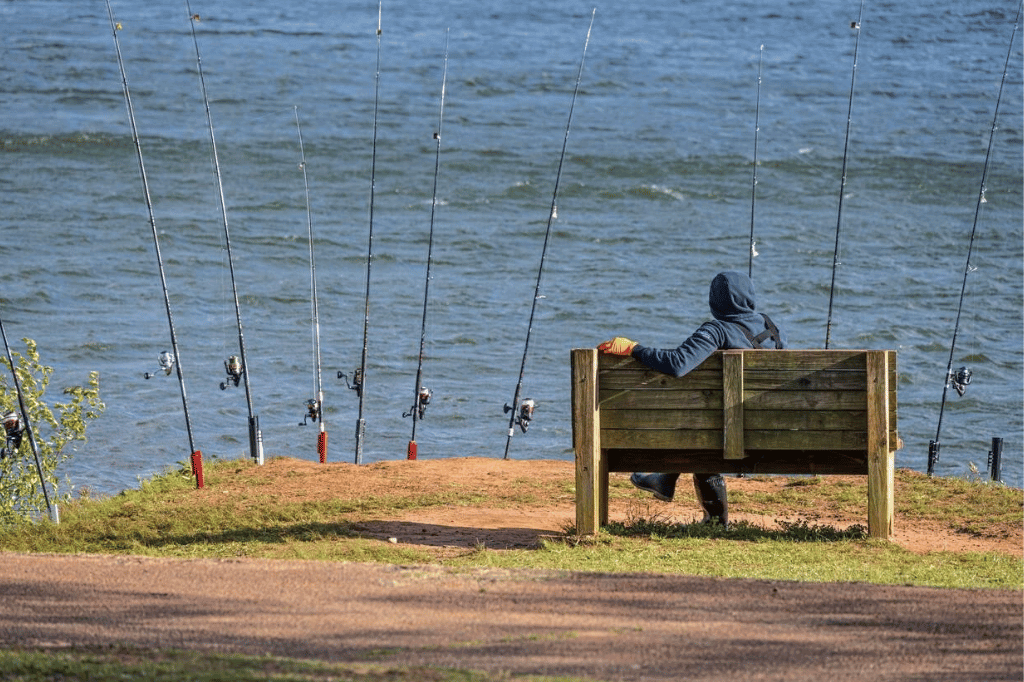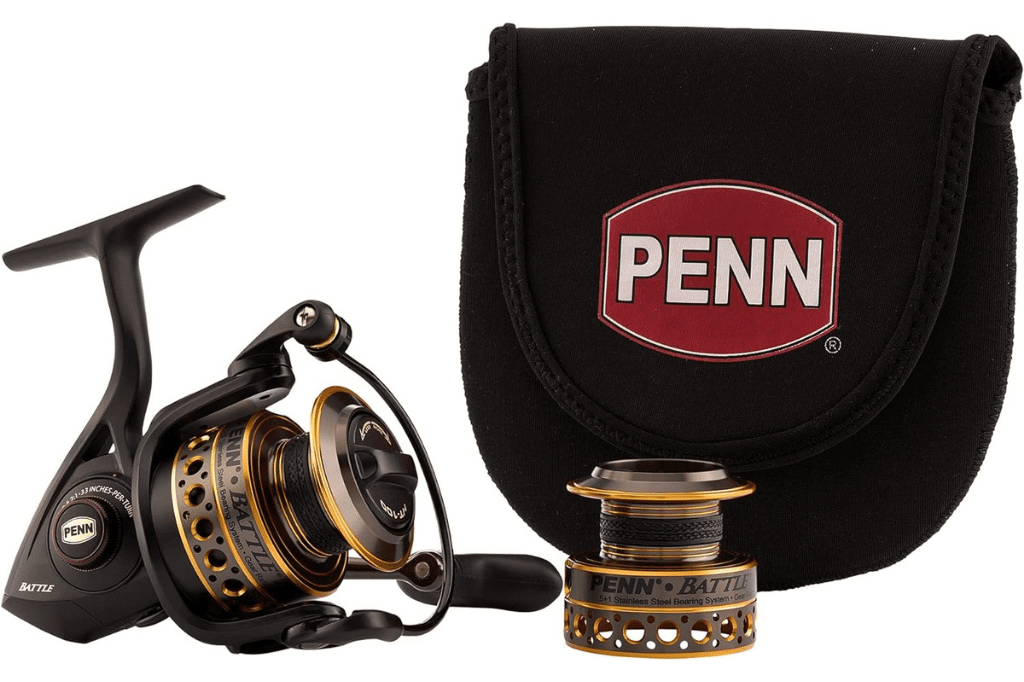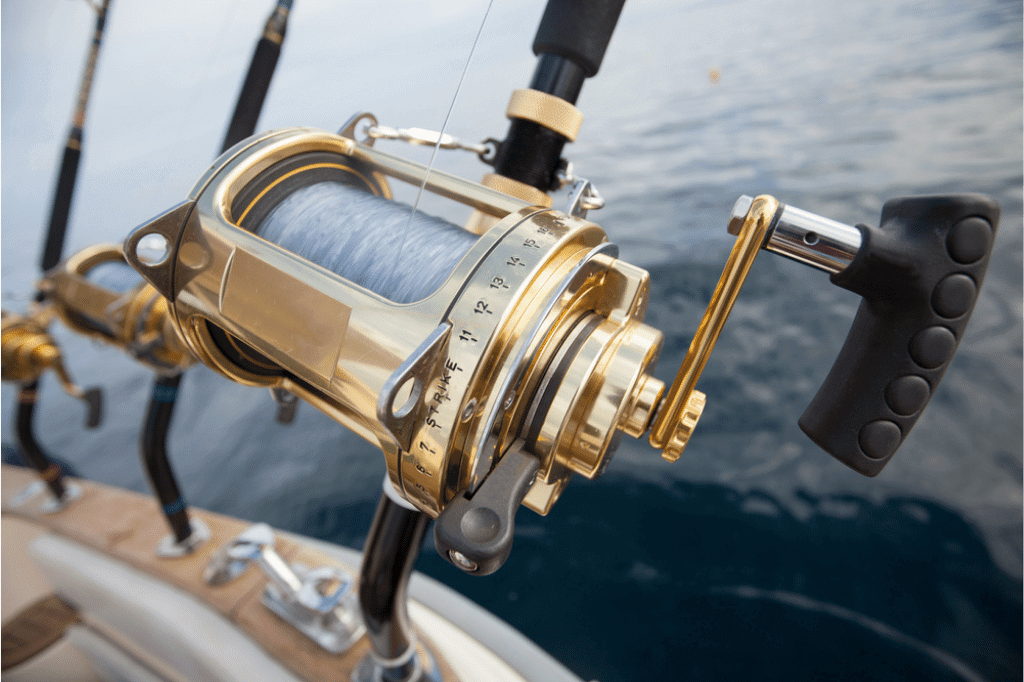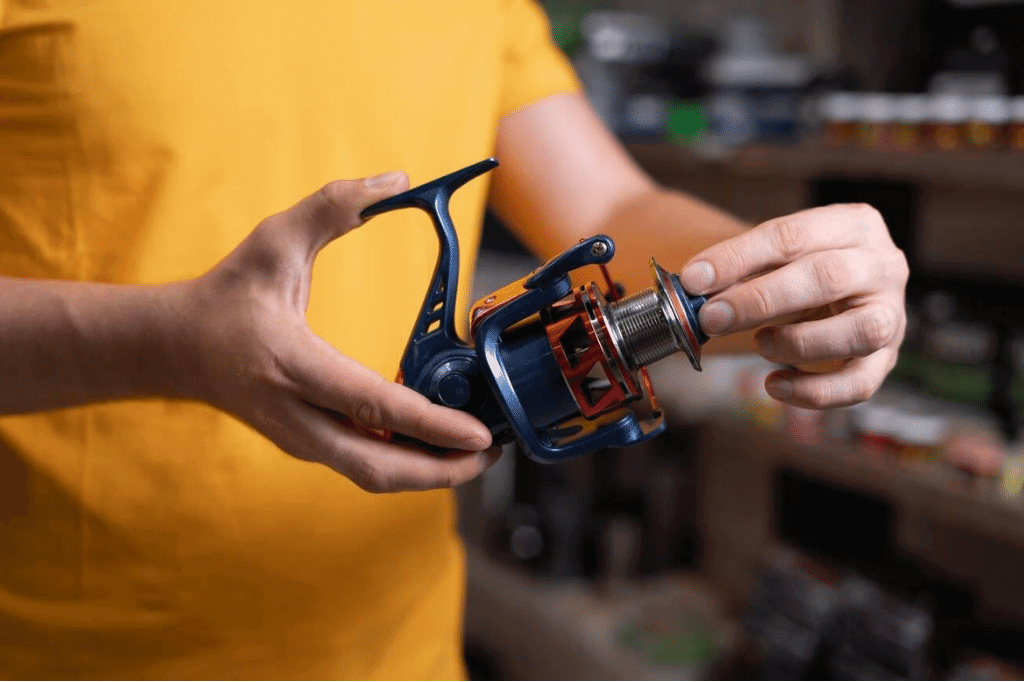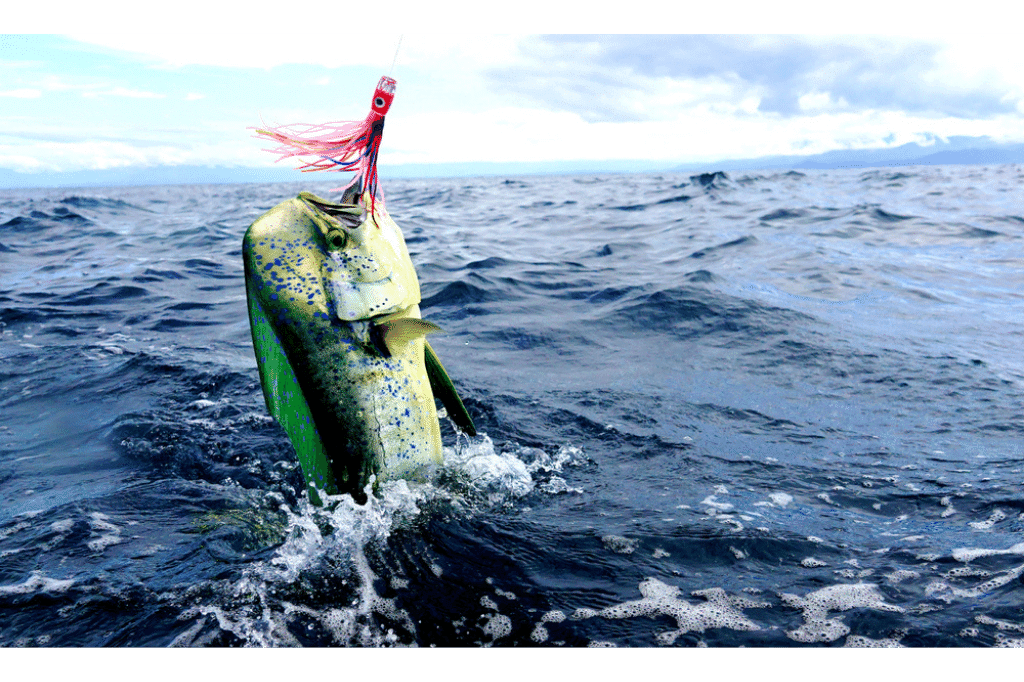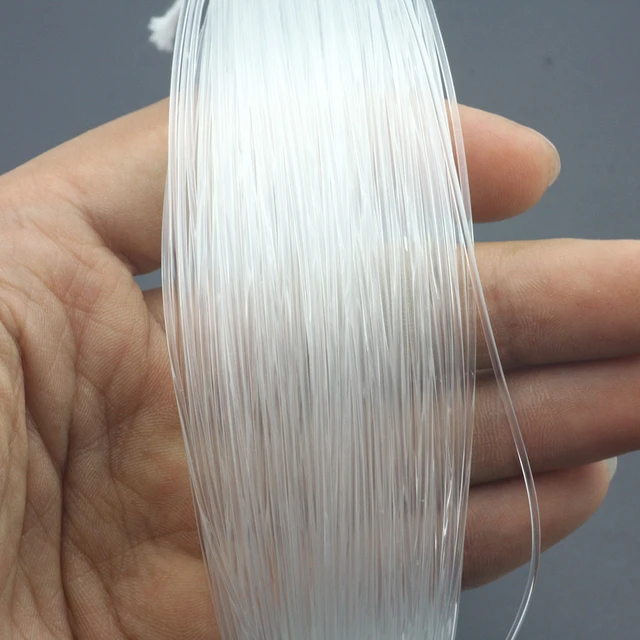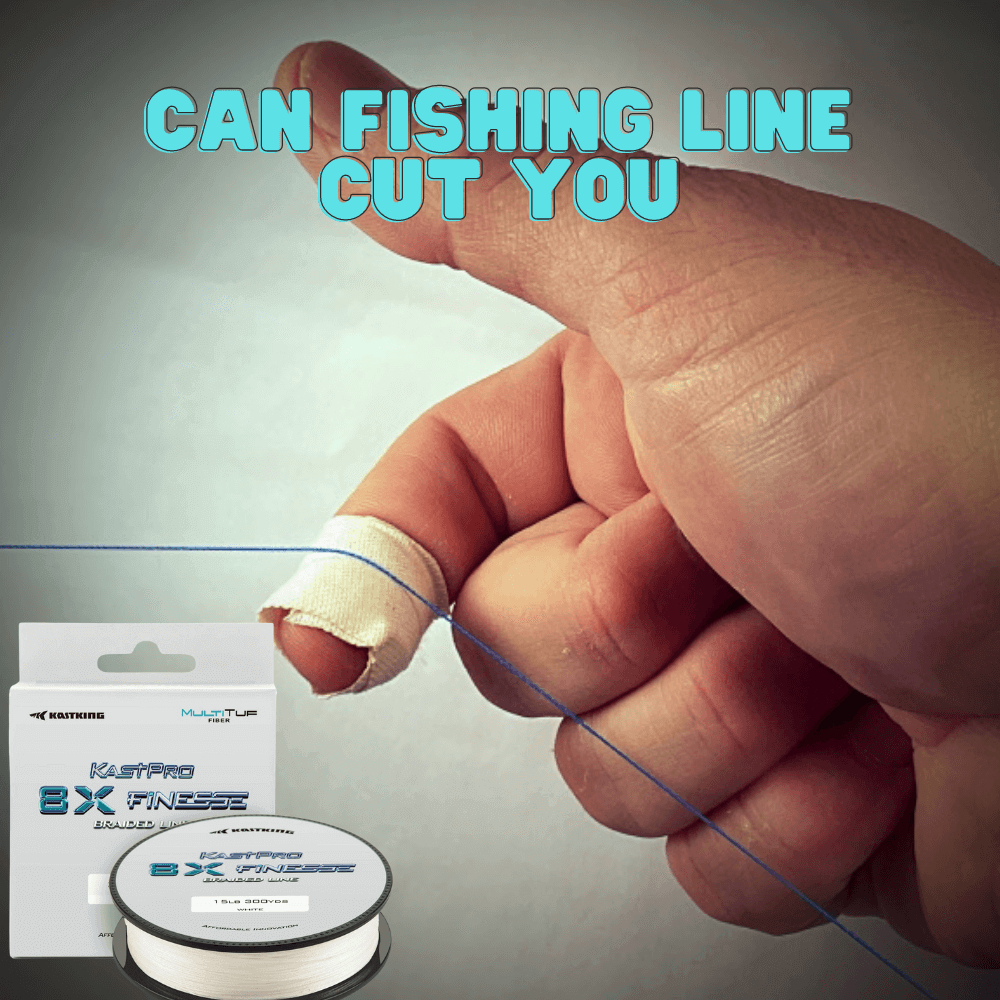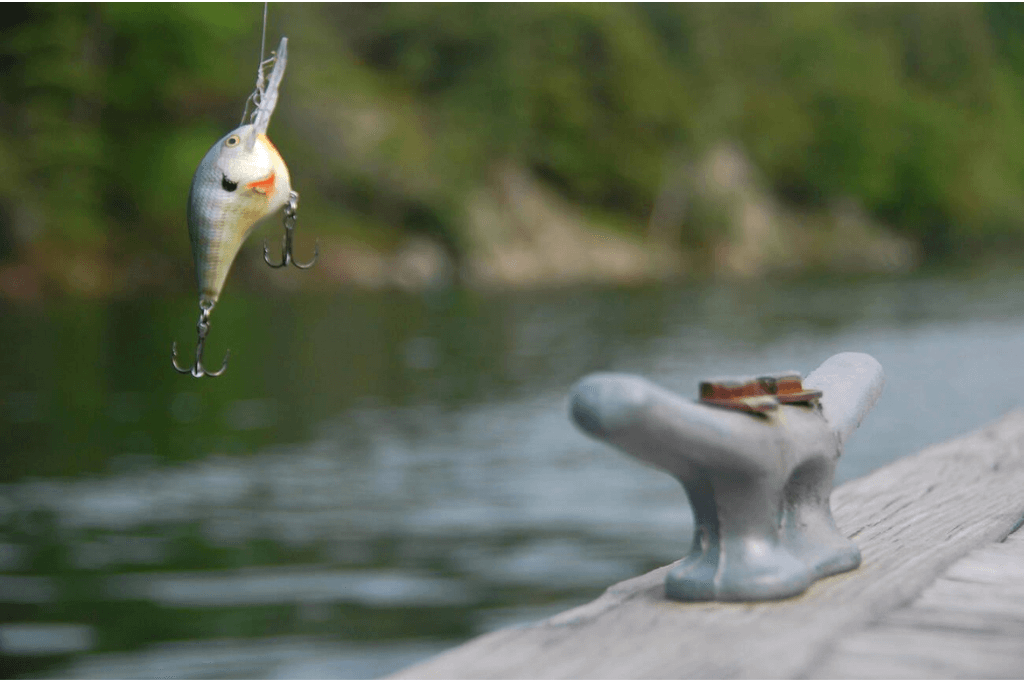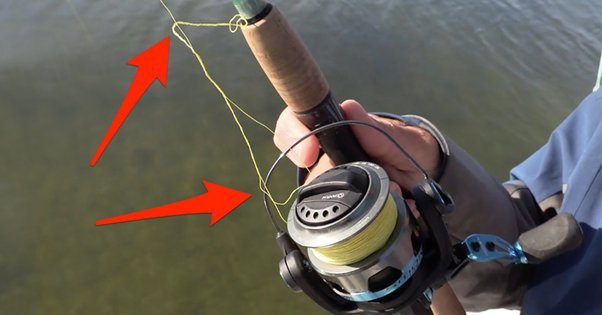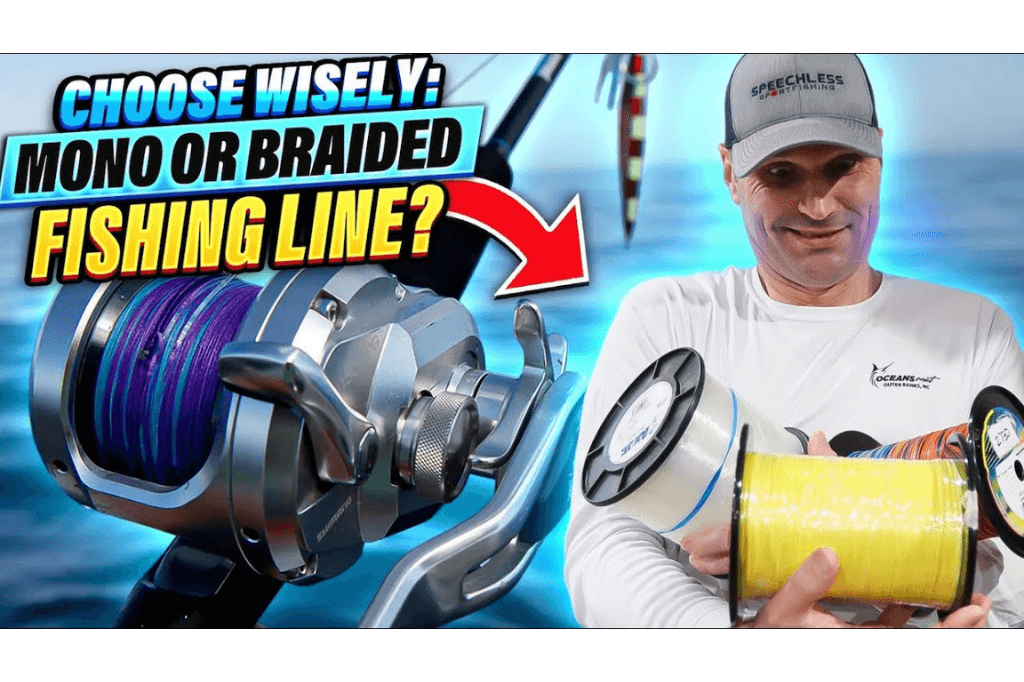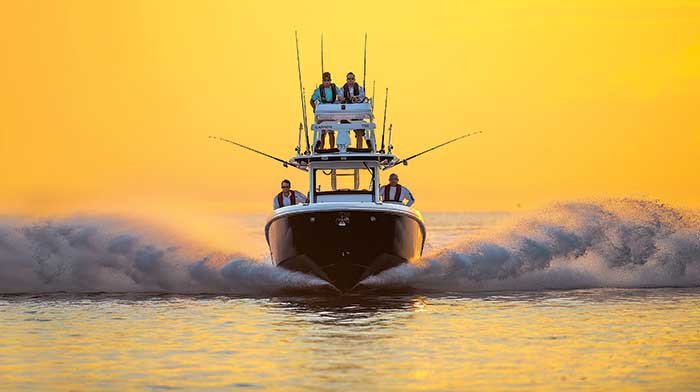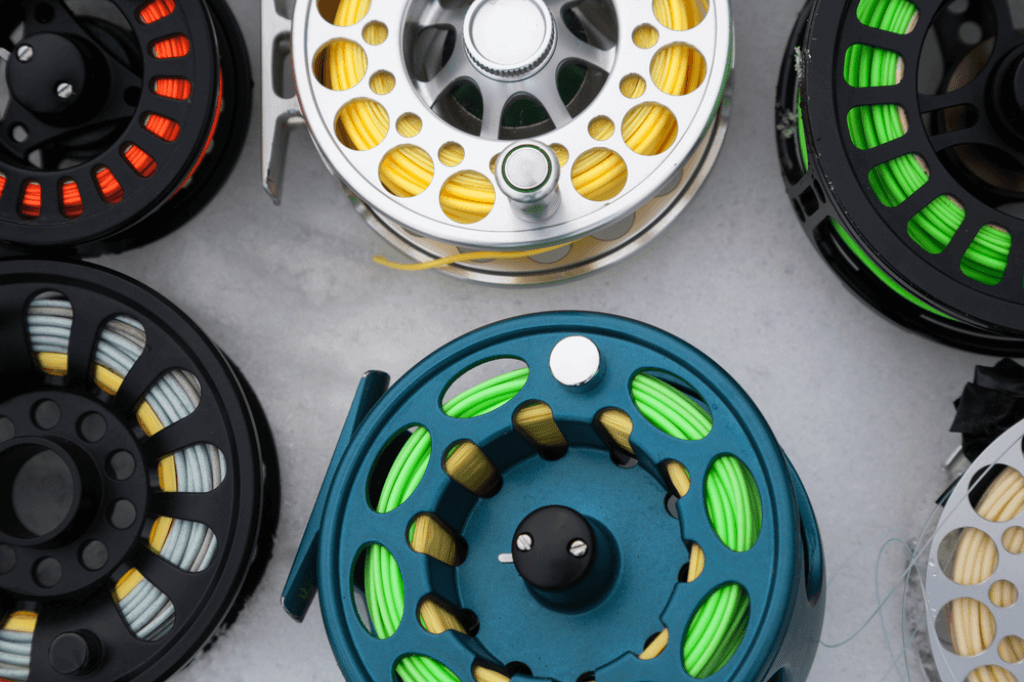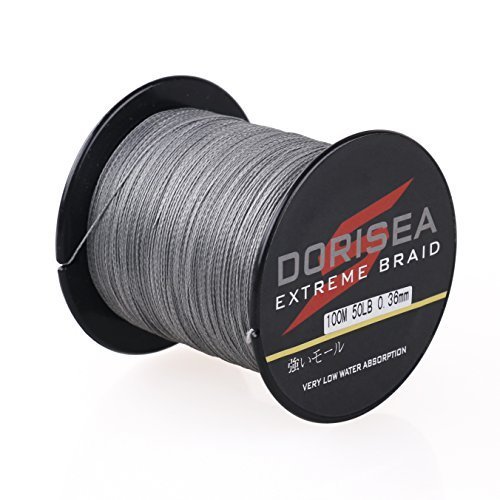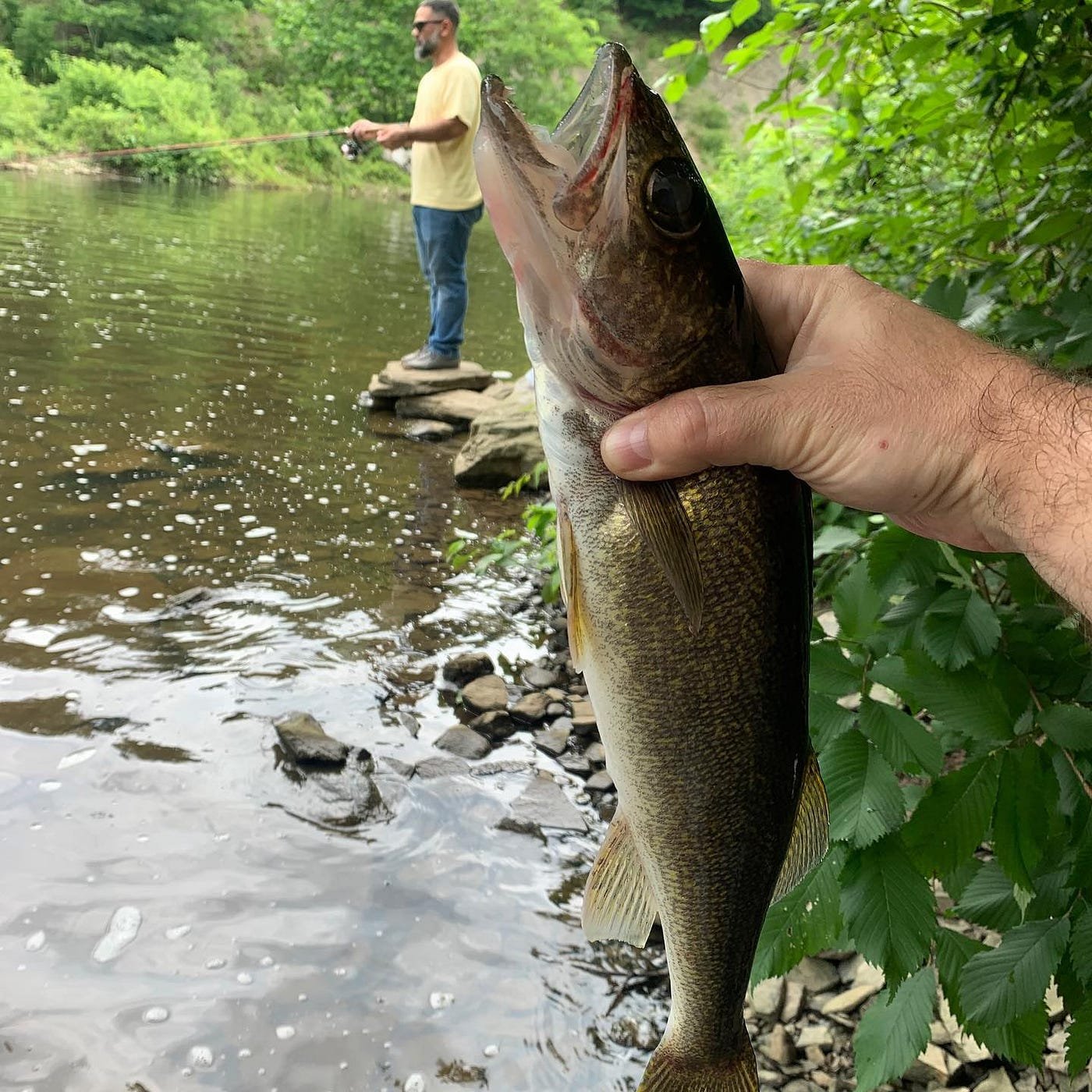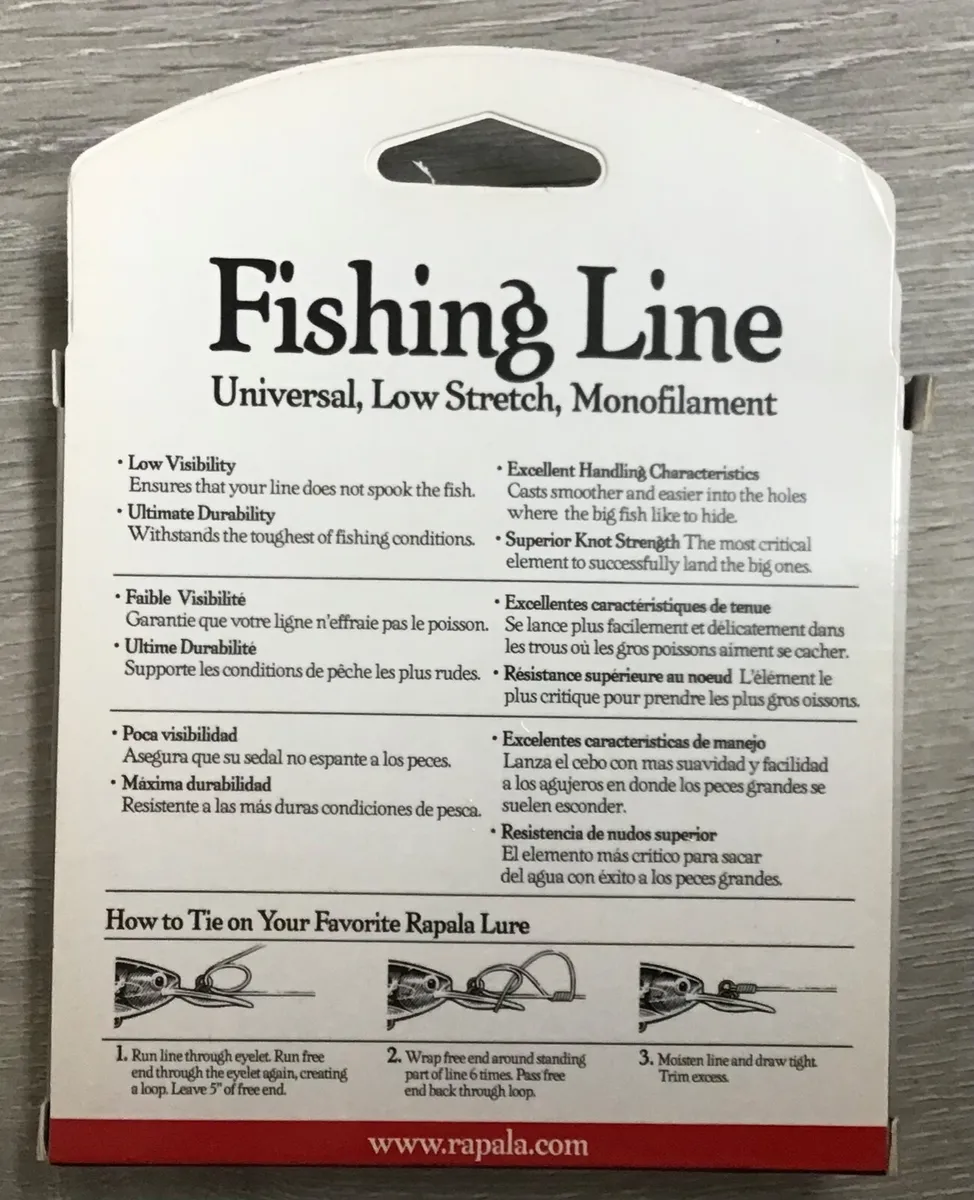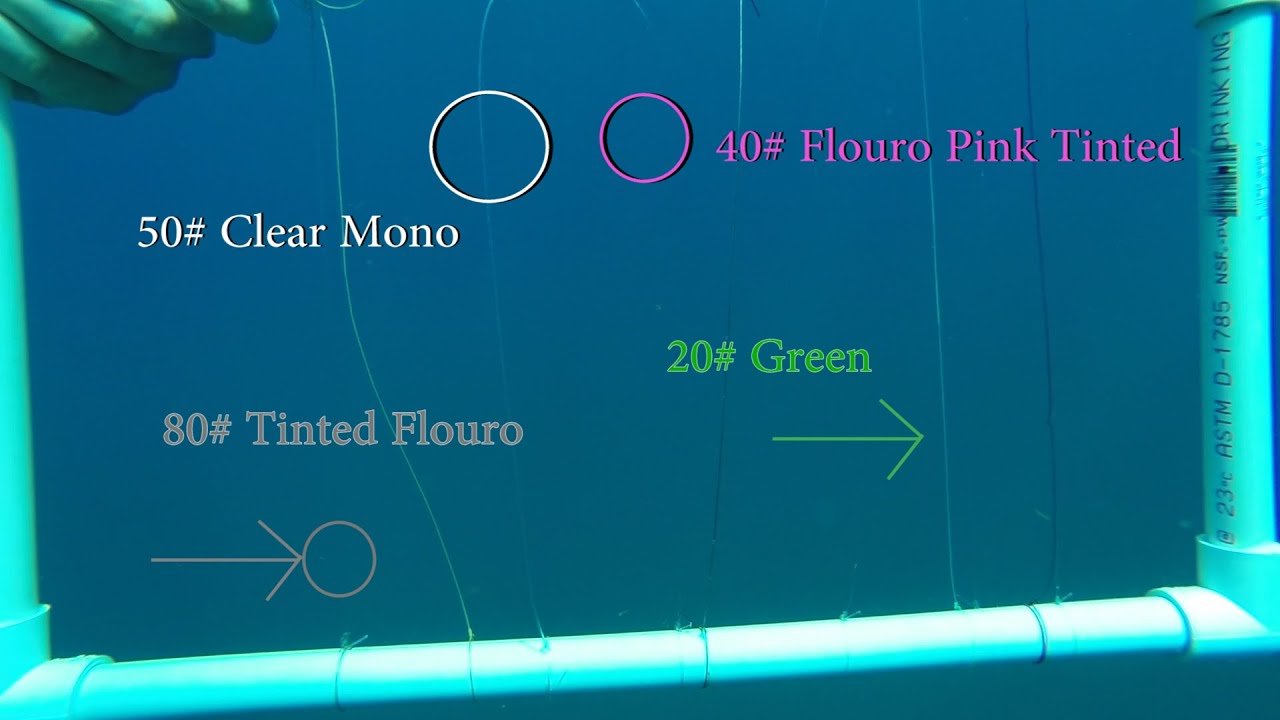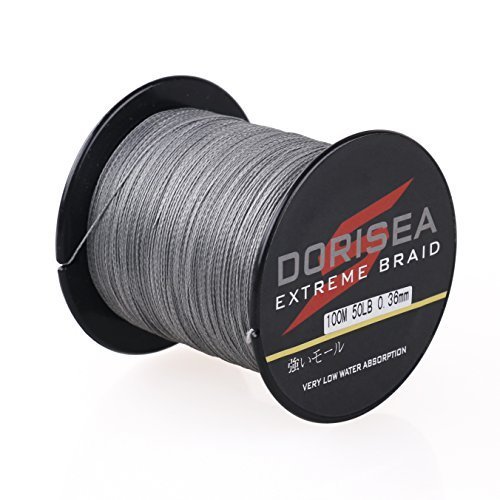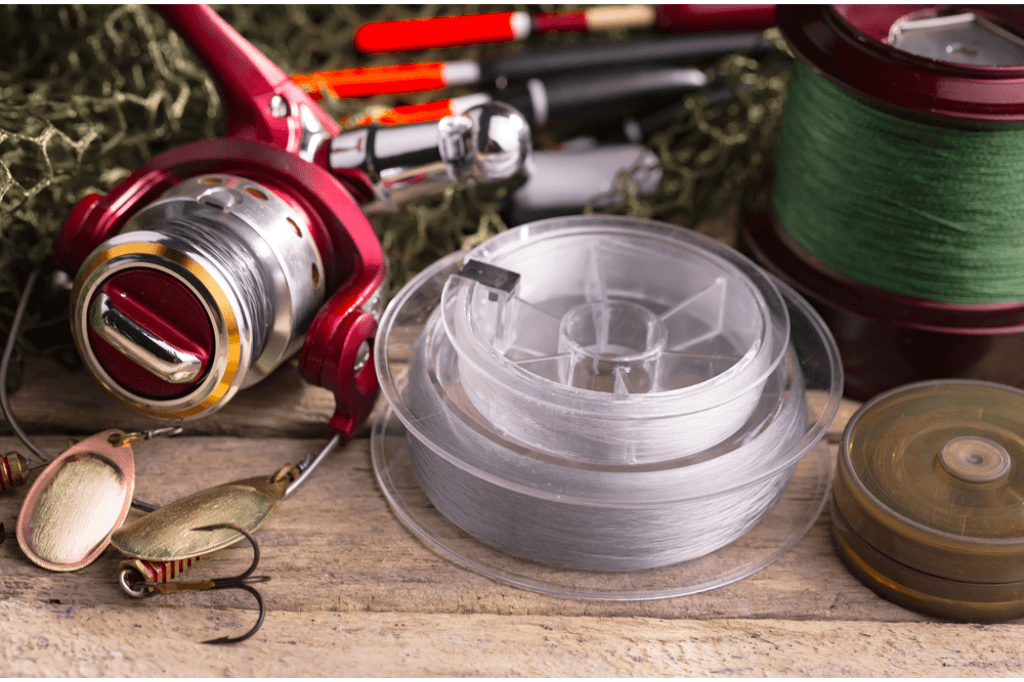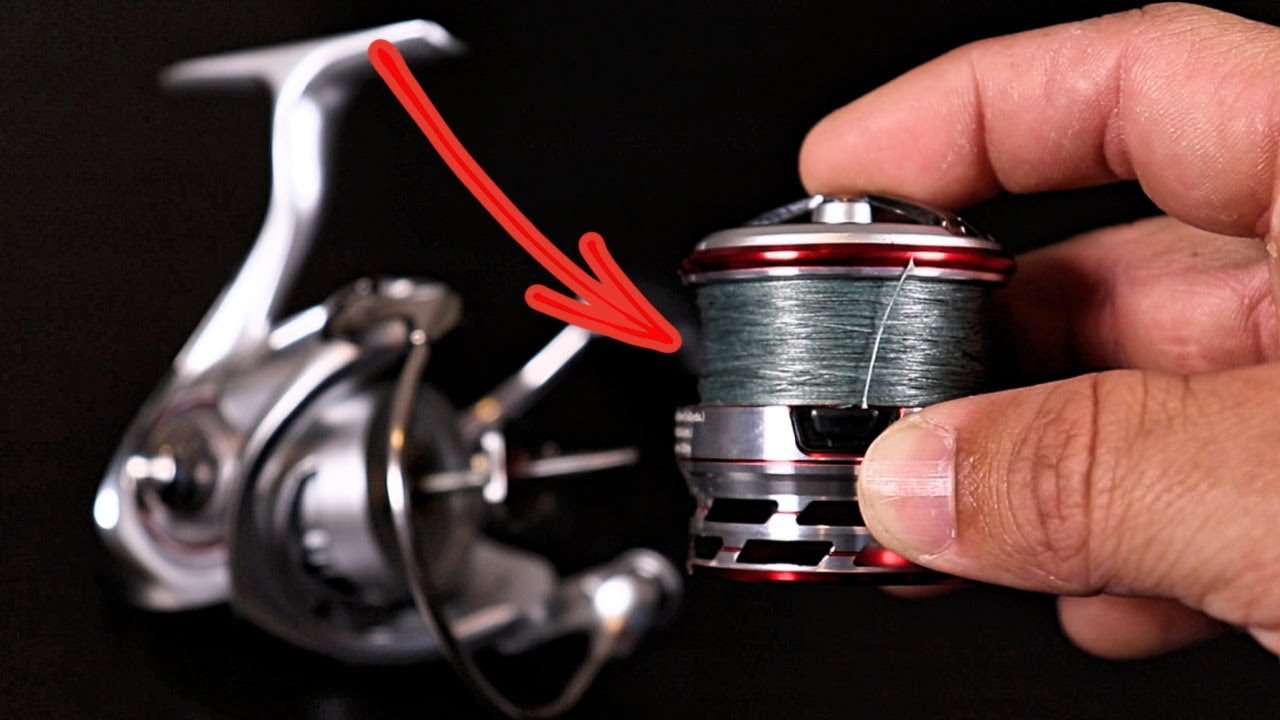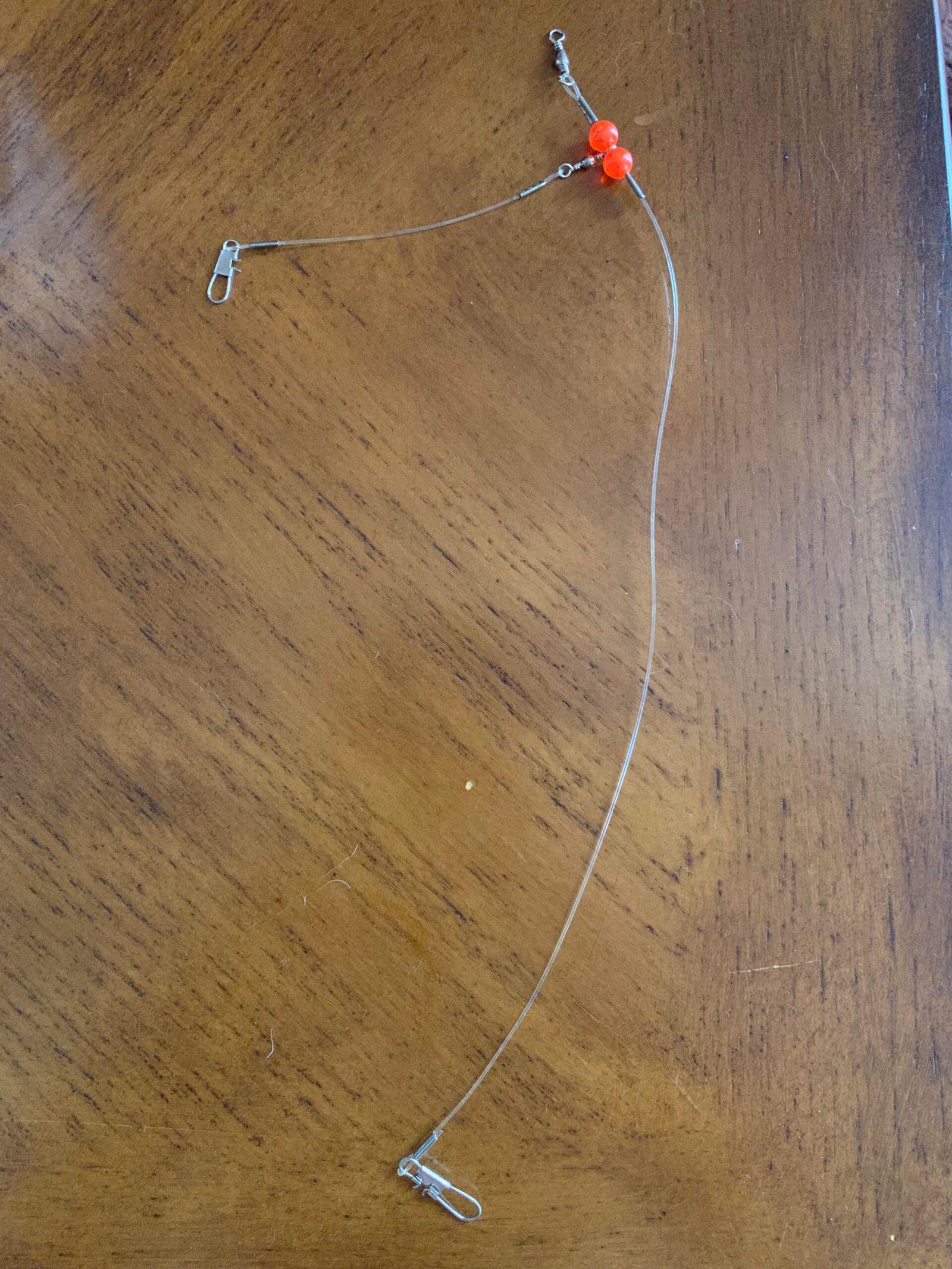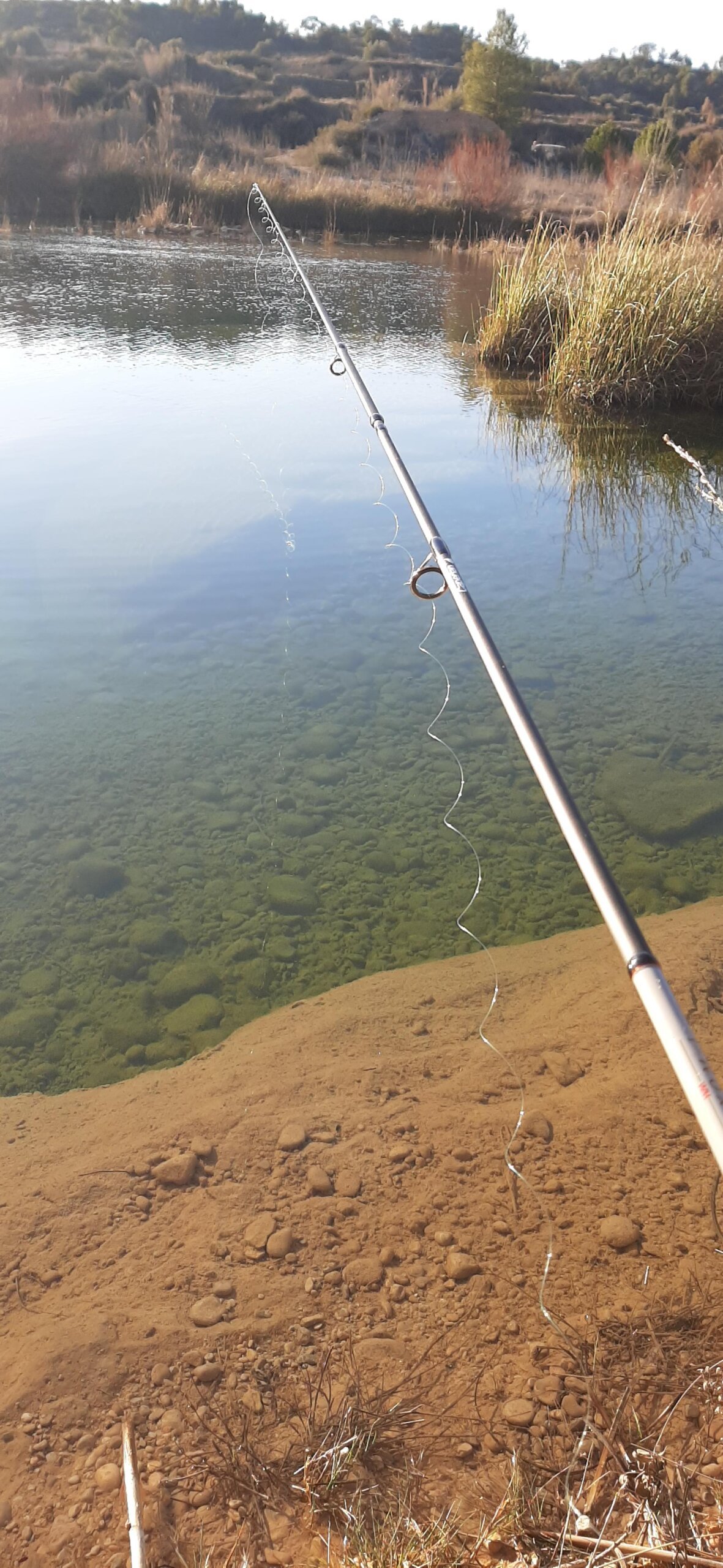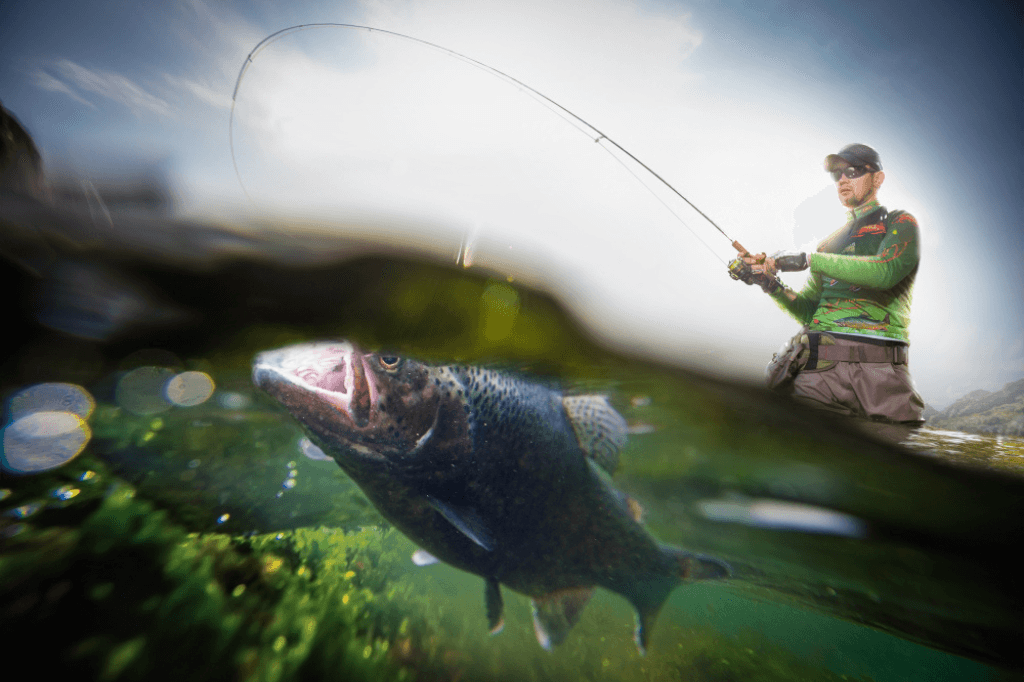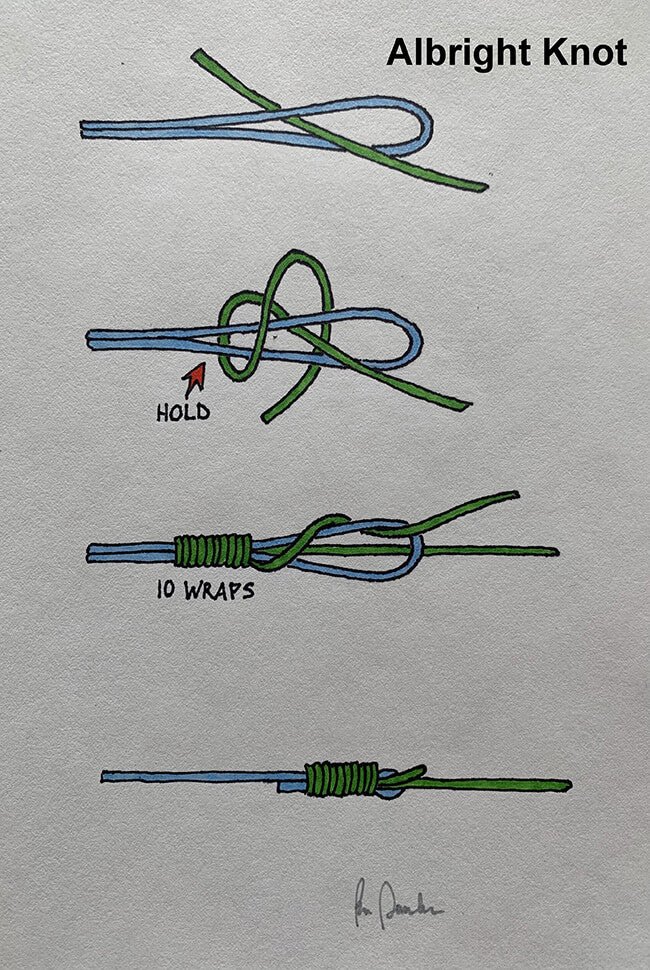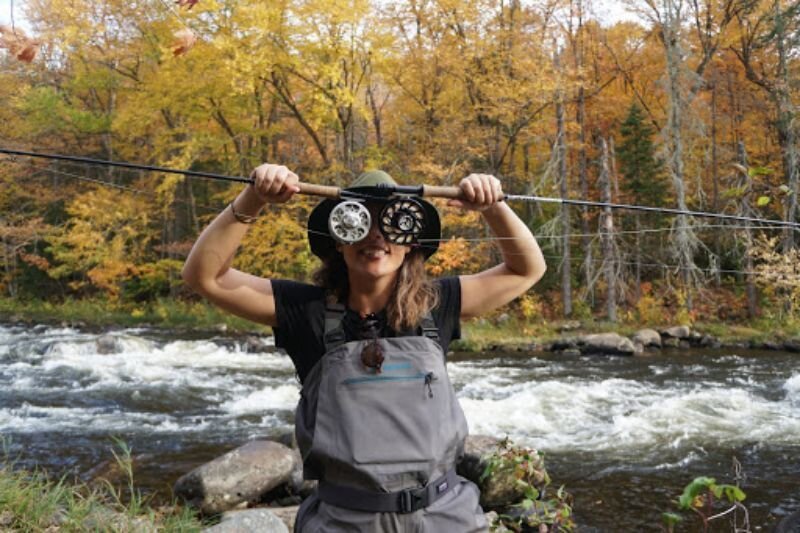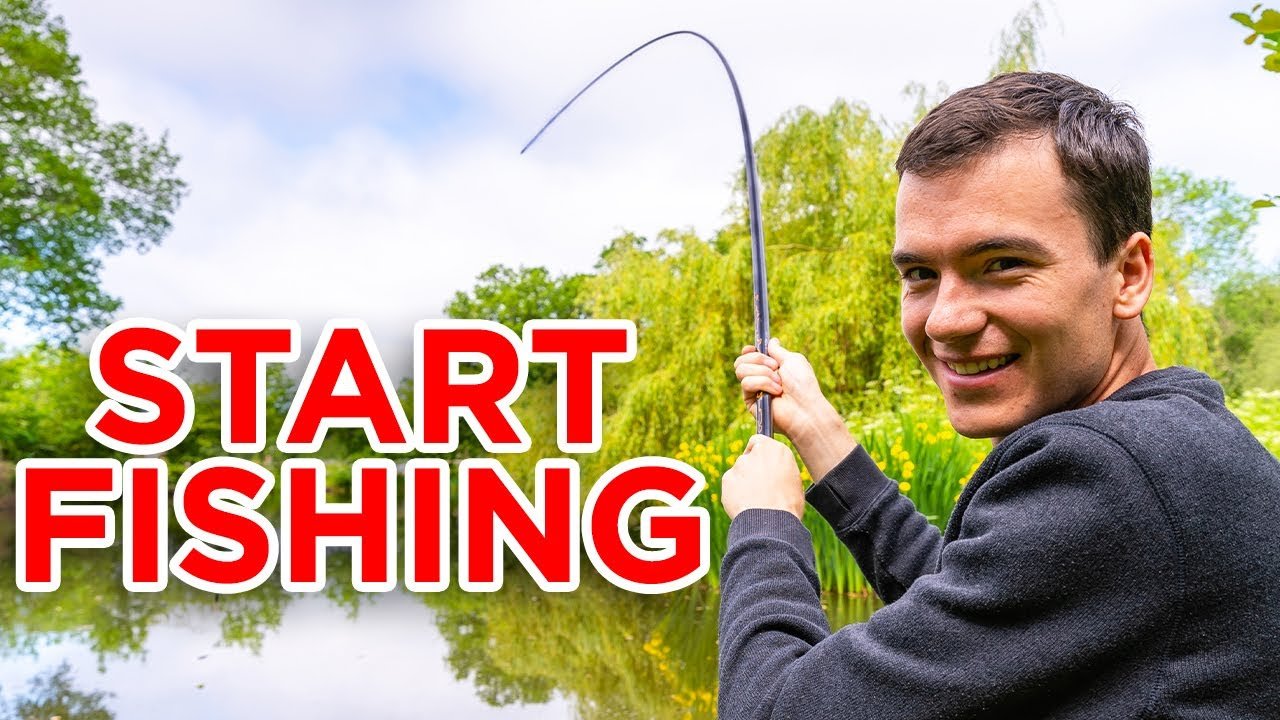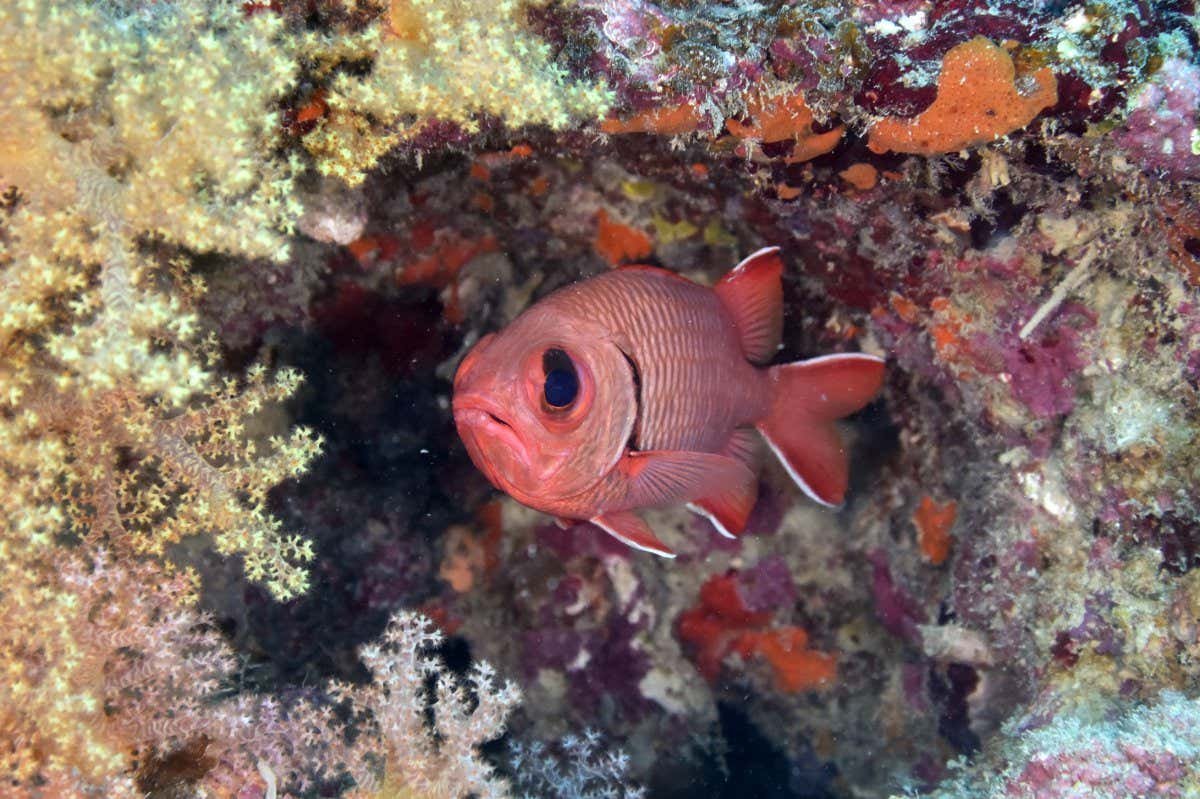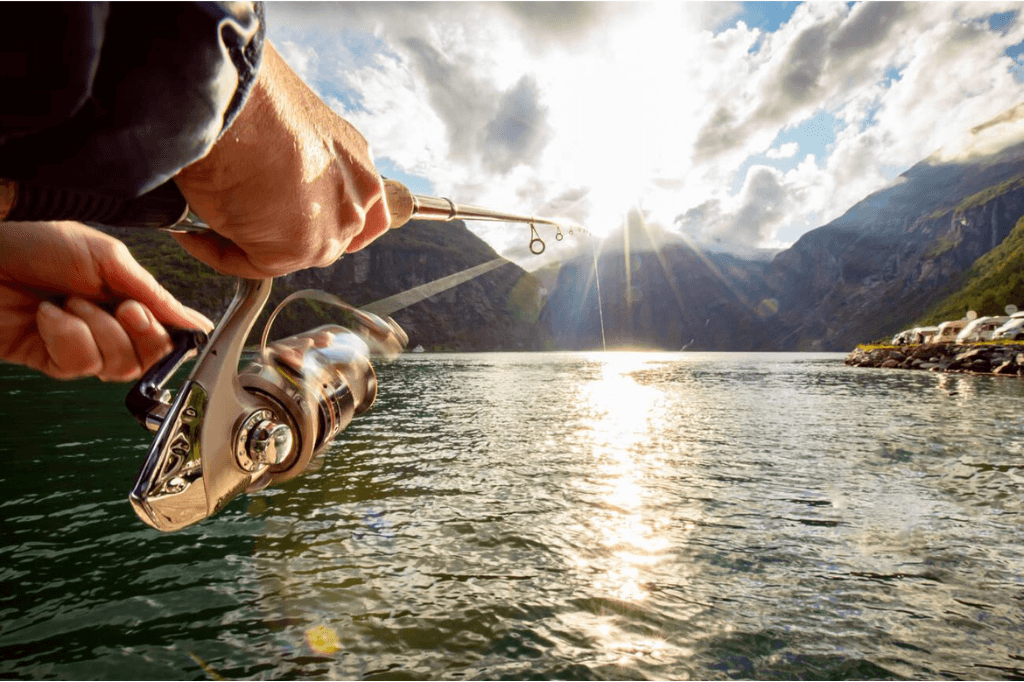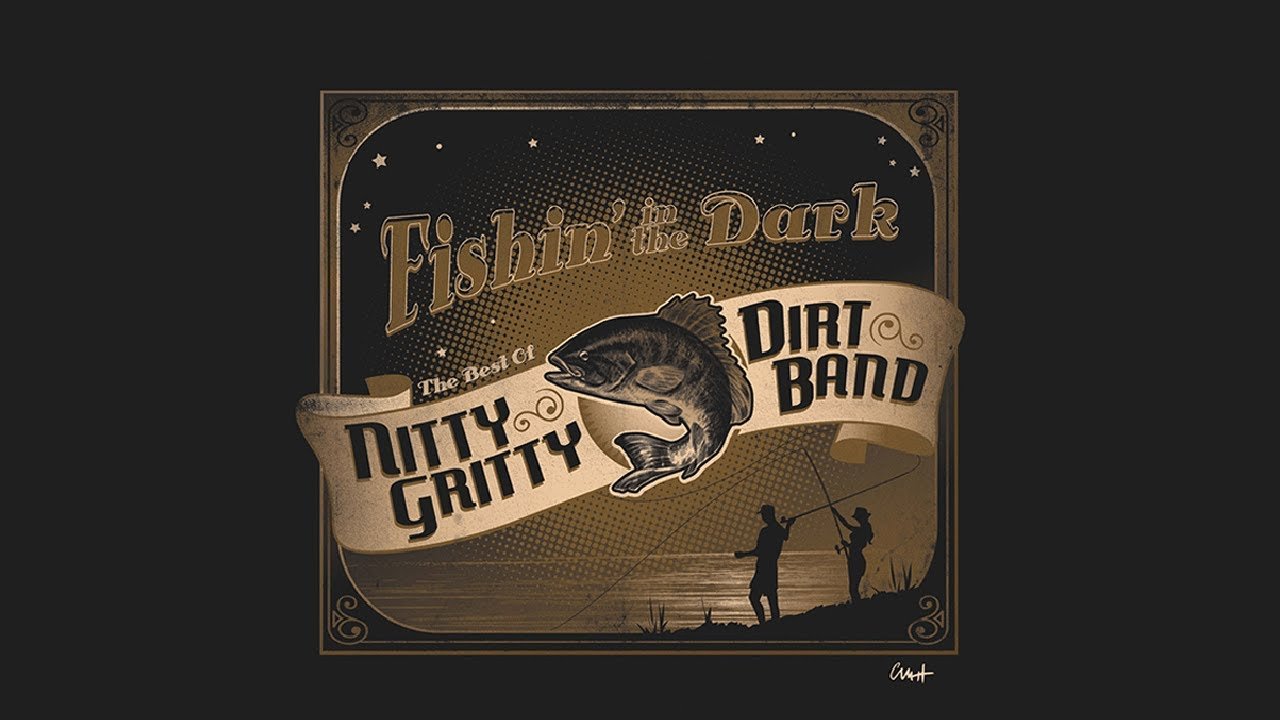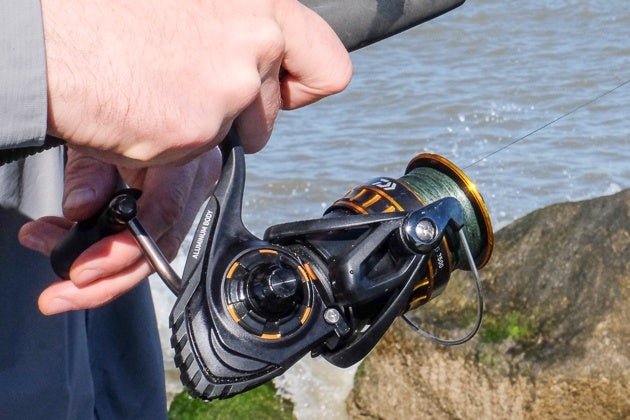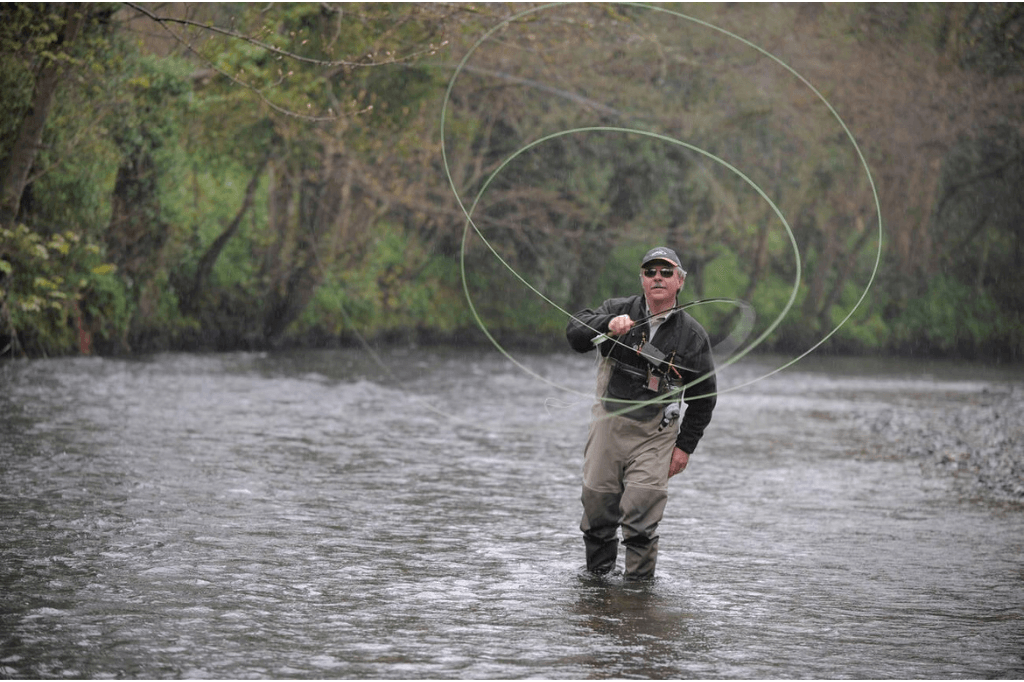Fishing boats play a crucial role in both commercial and recreational fishing. These boats are specially equipped with tools and technology to locate and catch fish efficiently. Smaller fishing boats are ideal for rivers and lakes, while larger ones navigate the open sea.
Modern fishing boats often feature sonar systems, GPS, and storage facilities to preserve the catch. The design of a fishing boat can significantly impact its performance, affecting speed, stability, and storage capacity. Choosing the right fishing boat depends on the type of fishing and the water body. Investing in a suitable fishing boat ensures a successful and enjoyable fishing experience.
Setting Sail With The Right Equipment
Setting sail on a fishing boat promises excitement and adventure. To ensure a successful trip, you need the right equipment. Having the right gear makes your journey safe and enjoyable.
Choosing A Durable Fishing Boat
Your fishing boat is the most crucial part of your adventure. Select a boat made from strong and durable materials like fiberglass or aluminum. These materials withstand harsh weather and rough waters.
Consider the size and type of the boat. Smaller boats are easier to maneuver, while larger ones offer more stability and space. Think about your fishing needs and choose accordingly.
Check the boat’s engine power. A powerful engine ensures you can travel long distances swiftly. It also helps you navigate through tough conditions.
| Material | Advantages |
|---|---|
| Fiberglass | Durable, smooth ride, low maintenance |
| Aluminum | Lightweight, affordable, resistant to corrosion |
Navigational Tools For A Safe Journey
Navigational tools are essential for a safe fishing trip. A GPS device helps you find the best fishing spots and ensures you don’t get lost.
Carry a compass as a backup. It is reliable and does not need batteries. A marine radio is vital for communication. It allows you to contact the coast guard or other boats in case of emergencies.
Invest in a depth finder. This tool helps you measure the water depth, ensuring you avoid shallow areas that can damage your boat.
- GPS Device: Find locations and avoid getting lost.
- Compass: Reliable backup for navigation.
- Marine Radio: Essential for emergency communication.
- Depth Finder: Measure water depth and avoid shallow areas.
Rods And Reels: The Angler’s Arsenal
Every angler knows the importance of having the right tools. Rods and reels are the heart of your fishing setup. They determine your success and enjoyment on the water. Selecting the correct rod and reel can make a huge difference.
Selecting Rods For Different Fish Species
Different fish species require different rods. Light rods are perfect for small fish like trout and panfish. Medium rods are ideal for bass and walleye. Heavy rods are necessary for large fish like pike and musky. Choosing the right rod ensures you have the strength and flexibility needed for the fish you target.
- Light Rods: Ideal for trout, panfish
- Medium Rods: Great for bass, walleye
- Heavy Rods: Best for pike, musky
Consider the rod’s material. Graphite rods are sensitive and light. Fiberglass rods are durable and flexible. Choose based on your fishing style and preferred species.
| Rod Type | Fish Species | Material |
|---|---|---|
| Light | Trout, Panfish | Graphite |
| Medium | Bass, Walleye | Fiberglass |
| Heavy | Pike, Musky | Graphite/Fiberglass |
Reels: Balancing Quality And Budget
Reels come in many types and prices. Spinning reels are beginner-friendly and versatile. Baitcasting reels offer precision and control for experienced anglers. Fly reels are specialized for fly fishing. Selecting the right reel depends on your fishing style and budget.
- Spinning Reels: User-friendly, versatile
- Baitcasting Reels: Precision, control
- Fly Reels: Fly fishing specific
Balance quality and budget. Higher-end reels provide durability and smooth operation. Budget-friendly options can still offer good performance. It’s about finding the right balance for your needs.
Consider the reel’s drag system. Smooth drag systems help you manage fish better. Strong drag systems are essential for larger fish. Ensure your reel matches your rod for optimal performance.
| Reel Type | Features | Price Range |
|---|---|---|
| Spinning | Versatile, Easy to Use | $$ |
| Baitcasting | Precision, Control | $$$ |
| Fly | Fly Fishing | $$-$$$ |
Choosing the right rods and reels is essential for a successful fishing trip. Understand your needs, know your fish species, and balance quality and budget. This will help you build a reliable angler’s arsenal.
The Tackle Box: Organizing For Efficiency
Fishing can be a relaxing and rewarding hobby. A well-organized tackle box is essential for a successful fishing trip. Keeping your gear neat and accessible saves time and improves your fishing experience.
Essential Lures And Baits
Having the right lures and baits can make a big difference. Here are some essentials to include in your tackle box:
- Soft Plastics: These mimic worms and other creatures fish love.
- Crankbaits: These are great for attracting fish with their movement.
- Spinnerbaits: Their flash and vibration attract predatory fish.
- Topwater Lures: These are perfect for surface fishing.
Hooks, Lines, And Sinkers: The Basics
Every angler needs a good supply of hooks, lines, and sinkers. These are the backbone of your fishing setup.
- Hooks: Various sizes and types are essential. Include circle hooks, J-hooks, and treble hooks.
- Fishing Line: Have both monofilament and braided lines. Each has its benefits.
- Sinkers: Different weights for different fishing conditions. Split shot and egg sinkers are popular choices.
Organizing your tackle box efficiently can make your fishing trips more enjoyable. Keep your gear in order and ready to use.
Safety Gear: Preparing For The Unpredictable
Fishing can be a relaxing and rewarding activity. But the open water can be unpredictable. Safety gear is essential to ensure a safe trip. This section will cover key safety items. Make sure to have these on your fishing boat.
Personal Flotation Devices
Personal Flotation Devices (PFDs) are crucial for safety on the water. Every person on board must have a PFD. A PFD should fit well and be in good condition. Check the size and weight limits on the label.
There are different types of PFDs. Type I is best for rough waters. Type II is suitable for calm, inland waters. Type III is good for activities like fishing. Make sure to choose the right type for your trip.
First-aid Kits And Emergency Signals
A well-stocked first-aid kit can be a lifesaver. Include bandages, antiseptics, and pain relievers. Add items like tweezers and scissors. Keep the kit in a waterproof container.
Emergency signals are also important. Flares, whistles, and mirrors can help you get attention. A VHF radio is vital for communication. Make sure all items are in working order before you leave.
| Item | Description |
|---|---|
| Personal Flotation Devices | Ensure everyone has a proper-fitting PFD |
| First-Aid Kit | Includes bandages, antiseptics, and pain relievers |
| Emergency Signals | Flares, whistles, mirrors, and VHF radio |
Safety gear is essential for any fishing trip. Prepare for the unpredictable and ensure a safe experience.
Weather Gear: Staying Comfortable And Dry
Fishing trips can be a blast, but only if you stay dry and comfortable. The right weather gear can make a big difference. You need to be prepared for all kinds of weather. From rain showers to long sunny days, having the right gear is essential.
Waterproof Clothing Essentials
One of the most important items for any fishing trip is waterproof clothing. Getting wet can make you cold and miserable. Here are some essentials:
- Waterproof Jacket: Look for jackets with sealed seams and hoods.
- Waterproof Pants: These should be easy to pull on over your regular clothes.
- Waterproof Boots: High-quality boots keep your feet dry and warm.
Make sure your waterproof gear is breathable. This helps prevent sweating and keeps you comfortable. Choose gear made from lightweight materials. This makes it easy to move around and cast your fishing line.
Sun Protection For Long Days Outdoors
Spending long hours on a boat means exposure to the sun. It’s important to protect your skin and eyes. Here are some sun protection tips:
- Sunscreen: Use a broad-spectrum sunscreen with at least SPF 30.
- Wide-brimmed Hat: A hat protects your face, neck, and ears from the sun.
- Sunglasses: Polarized sunglasses reduce glare and protect your eyes from UV rays.
- Lightweight, Long-Sleeve Shirts: These keep your skin covered and cool.
Consider wearing a neck gaiter. It can protect your neck and face from sunburn. Always bring extra sunscreen. Reapply it every few hours, especially after sweating or getting wet.
| Item | Purpose |
|---|---|
| Waterproof Jacket | Keeps upper body dry |
| Waterproof Pants | Keeps legs dry |
| Waterproof Boots | Keeps feet dry |
| Sunscreen | Protects skin from UV rays |
| Wide-brimmed Hat | Shields face and neck |
| Sunglasses | Protects eyes from UV rays |
| Lightweight, Long-Sleeve Shirts | Keeps skin covered and cool |
Remember, the right gear can make your fishing trip more enjoyable. Stay prepared and stay comfortable!
Electronics And Gadgets: Tech On The Water
Fishing boats today are equipped with advanced technology. These gadgets help in navigation, communication, and locating fish. The right tech can make your fishing trips more successful and enjoyable.
Fish Finders And Gps Units
Fish finders are essential for any serious angler. They help you locate fish underwater with ease. Modern fish finders use sonar technology to give you a clear view of what’s beneath the surface.
GPS units are another must-have. They help you navigate and mark your favorite fishing spots. This tech ensures you never get lost and can always find your way back.
| Feature | Fish Finder | GPS Unit |
|---|---|---|
| Primary Function | Locates fish underwater | Navigation and waypoint marking |
| Technology | Sonar | Satellite |
| Importance | High | High |
Communication Devices: Staying Connected
Staying connected is crucial while on the water. Communication devices ensure your safety and allow you to stay in touch with others.
Marine radios are popular choices. They provide reliable communication even in remote areas. Satellite phones offer a backup for areas with no radio coverage.
- Marine Radios: Reliable, long-range communication.
- Satellite Phones: Ideal for remote locations.
Both devices are critical for emergencies and daily communication. Make sure to have them on your fishing boat.
Storage Solutions: Keeping Gear Accessible
Keeping your fishing gear organized is crucial for a successful trip. An organized boat ensures quick access to your tools. This saves time and reduces stress. Let’s dive into some storage solutions that will keep your gear accessible.
Compartmentalizing For Easy Access
Creating compartments in your boat is a smart move. Use built-in compartments to store different items. You can have sections for rods, reels, and tackle boxes. This way, you know exactly where everything is.
Label each compartment. This helps you find items quickly. It also helps keep your gear in its place. Using dividers inside larger compartments can also be helpful.
| Item | Recommended Compartment |
|---|---|
| Fishing Rods | Rod Holders |
| Reels | Reel Storage Box |
| Tackle | Tackle Box |
Waterproof Containers And Bags
Waterproof containers are essential for keeping your gear dry. Use them for storing items like phones, wallets, and keys. You can also store bait and lures in waterproof bags.
Look for containers with secure seals. This ensures water stays out. It’s also a good idea to have different sizes of containers. Small ones for personal items and larger ones for gear.
- Small waterproof container for electronics
- Medium waterproof bags for bait
- Large waterproof boxes for tackle
Using waterproof solutions keeps your gear safe and dry. This extends the life of your equipment. Plus, it makes your fishing trips more enjoyable.
Maintenance And Upkeep: Protecting Your Investment
Owning a fishing boat is a rewarding experience. To keep your boat in top shape, regular maintenance and upkeep are essential. Proper care not only extends the life of your vessel but also ensures safety on the water. Let’s explore some effective maintenance routines to protect your investment.
Regular Cleaning And Care Routines
Regular cleaning is crucial for maintaining your fishing boat. Saltwater can cause corrosion, so rinse your boat with fresh water after each trip. Use a soft brush to scrub away any salt or grime. Pay special attention to the hull, deck, and engine area.
Inspect the boat for any signs of wear or damage. Check the propeller for debris and ensure it is free from damage. Lubricate moving parts to prevent rust and ensure smooth operation. Keeping your boat clean and well-lubricated extends its lifespan and performance.
Seasonal Maintenance Tips
Seasonal maintenance is just as important as regular cleaning. At the end of each season, perform a thorough inspection of your boat. Drain the fuel system to prevent fuel degradation. Change the oil and replace the oil filter to keep the engine in good condition.
Store your boat properly during the off-season. Use a boat cover to protect it from the elements. If possible, store the boat in a dry, sheltered location. Winterize the engine to prevent damage from freezing temperatures. These steps ensure your boat remains in great shape year after year.
| Maintenance Task | Frequency |
|---|---|
| Rinse with fresh water | After every trip |
| Inspect for wear and damage | Monthly |
| Change oil and filter | Seasonally |
| Winterize engine | Annually |
By following these tips, you can enjoy your fishing boat for many years. Regular maintenance protects your investment and ensures safe and enjoyable trips on the water.
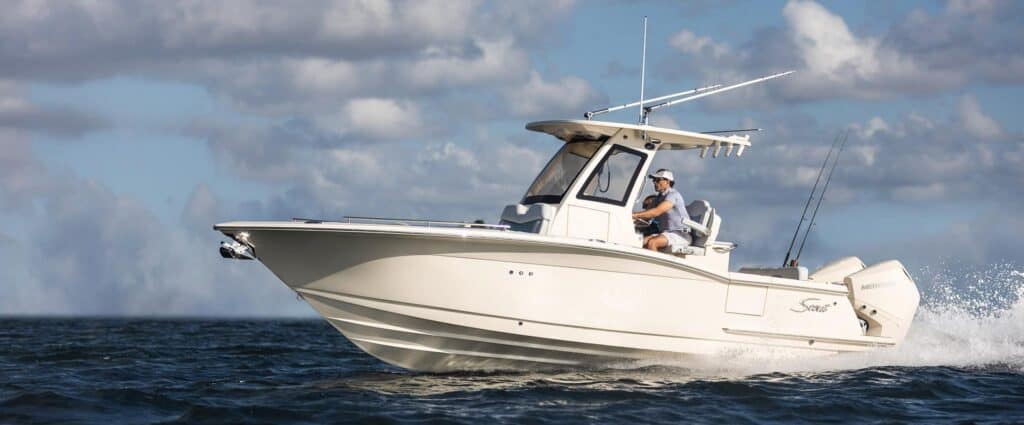
Frequently Asked Questions
What Are Fishing Boats Called?
Fishing boats are often called trawlers, fishing vessels, or commercial fishing boats. They vary in size and type.
Which Boat Is Best For Fishing?
The best fishing boat depends on your needs. Bass boats are great for freshwater. Center console boats excel in saltwater. Pontoon boats offer comfort.
What Is The Cheapest Fishing Boat?
The cheapest fishing boat is typically an inflatable boat. They cost around $200 to $500 and are portable.
What Is The Best Fishing Boat To Buy?
The best fishing boat depends on your needs. Popular choices include bass boats, center consoles, and pontoon boats. Consider size, budget, and fishing location. Research specific models for reliability and features.
Conclusion
Choosing the right fishing boat enhances your fishing experience. Consider your needs, budget, and boat features. Proper maintenance ensures longevity and performance. Enjoy your fishing adventures with the perfect boat. Stay safe on the waters and make unforgettable memories. Happy fishing!

